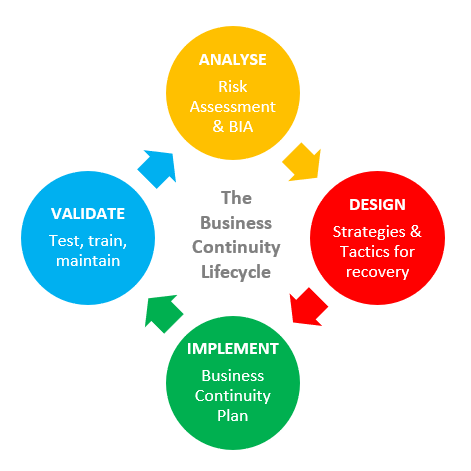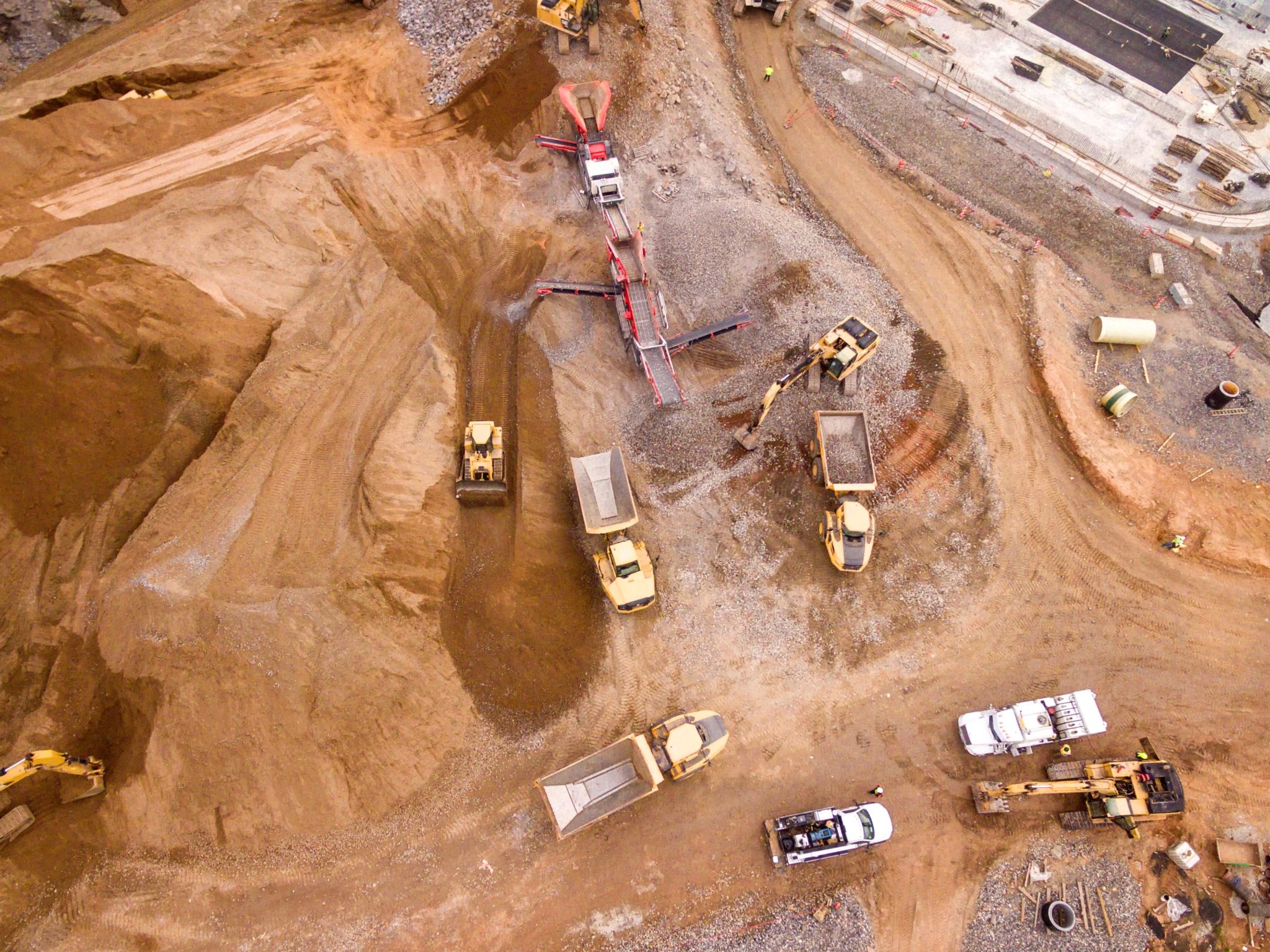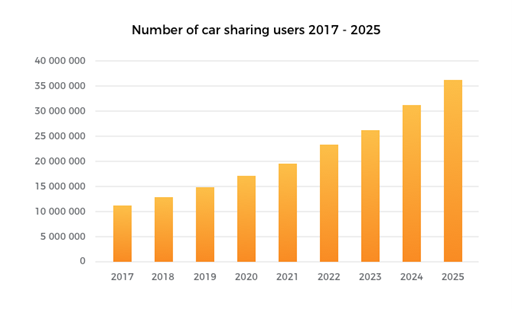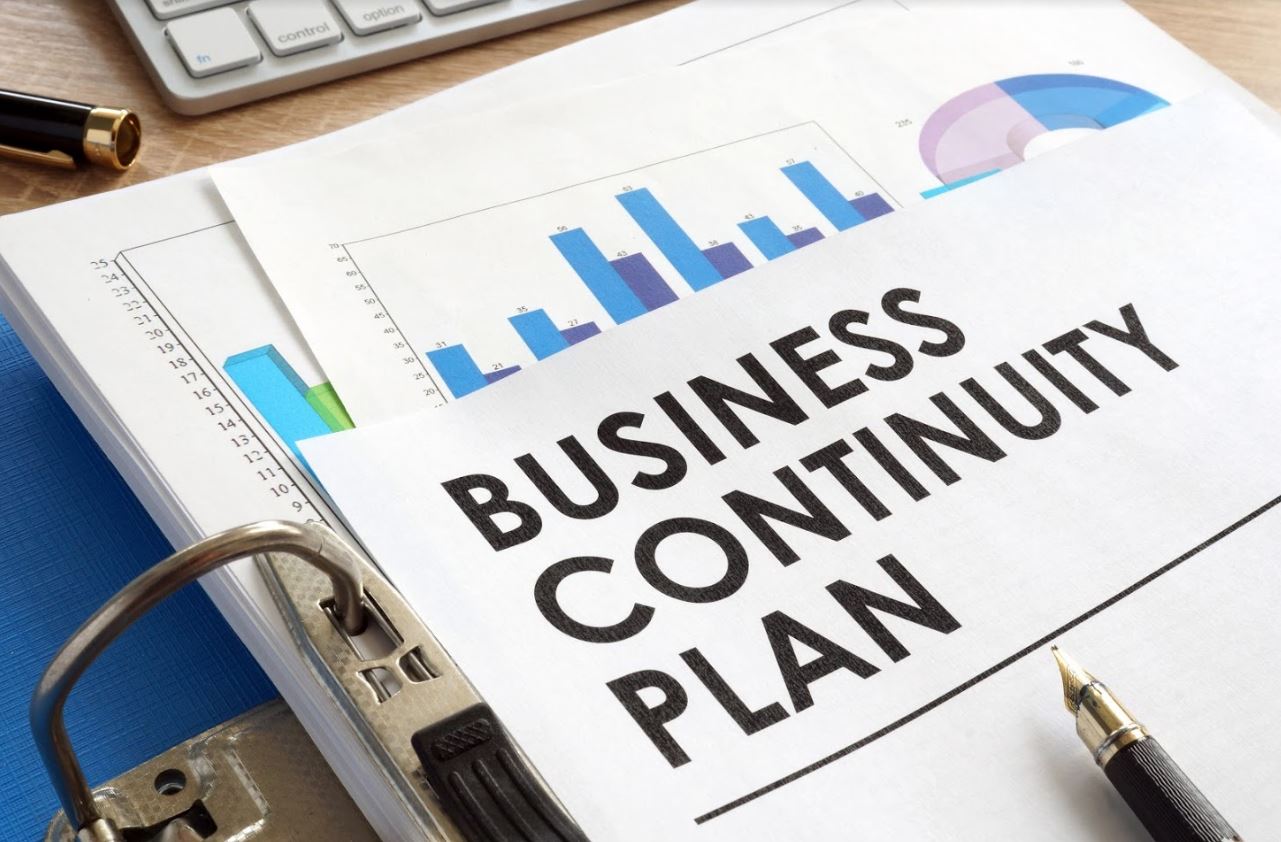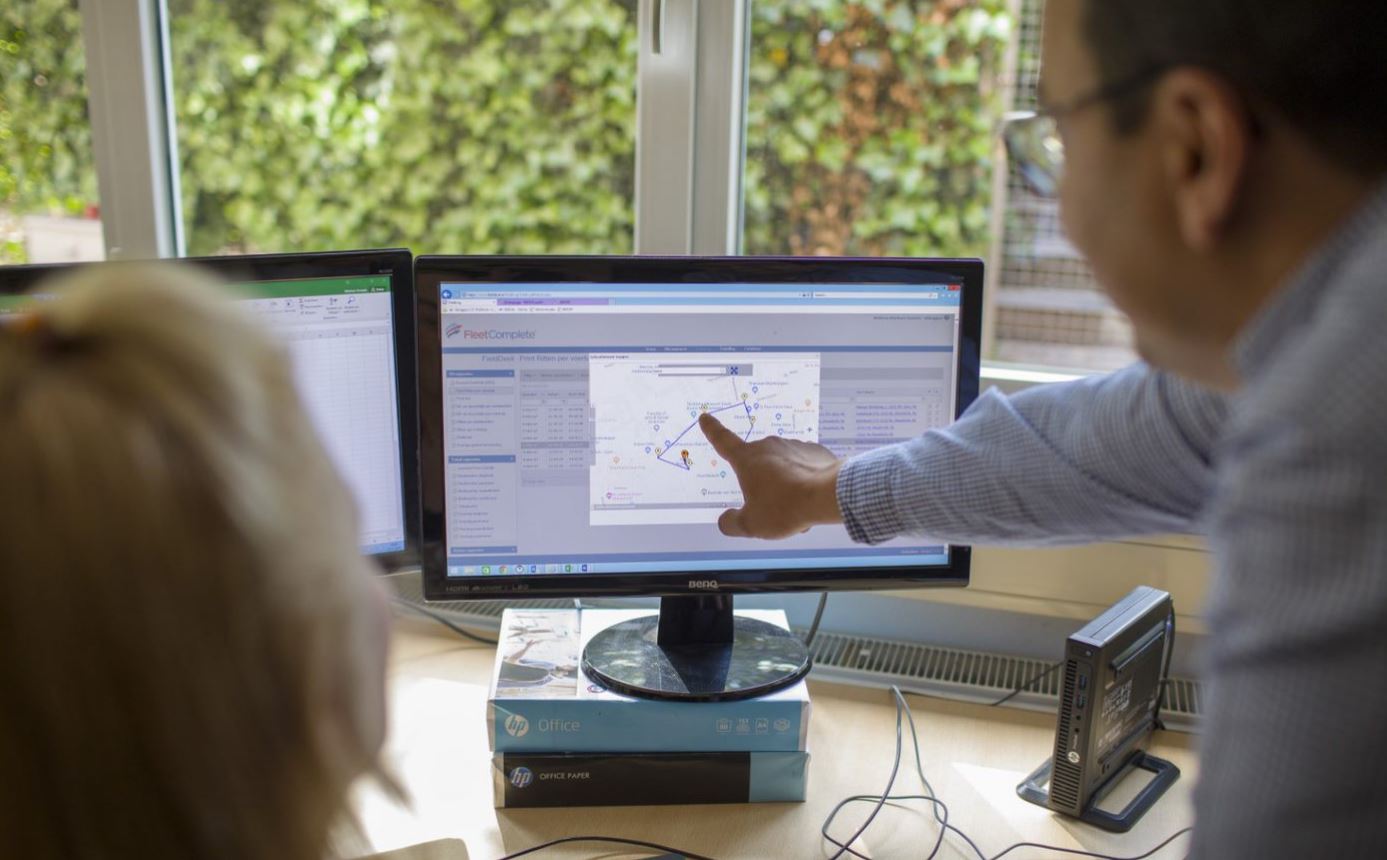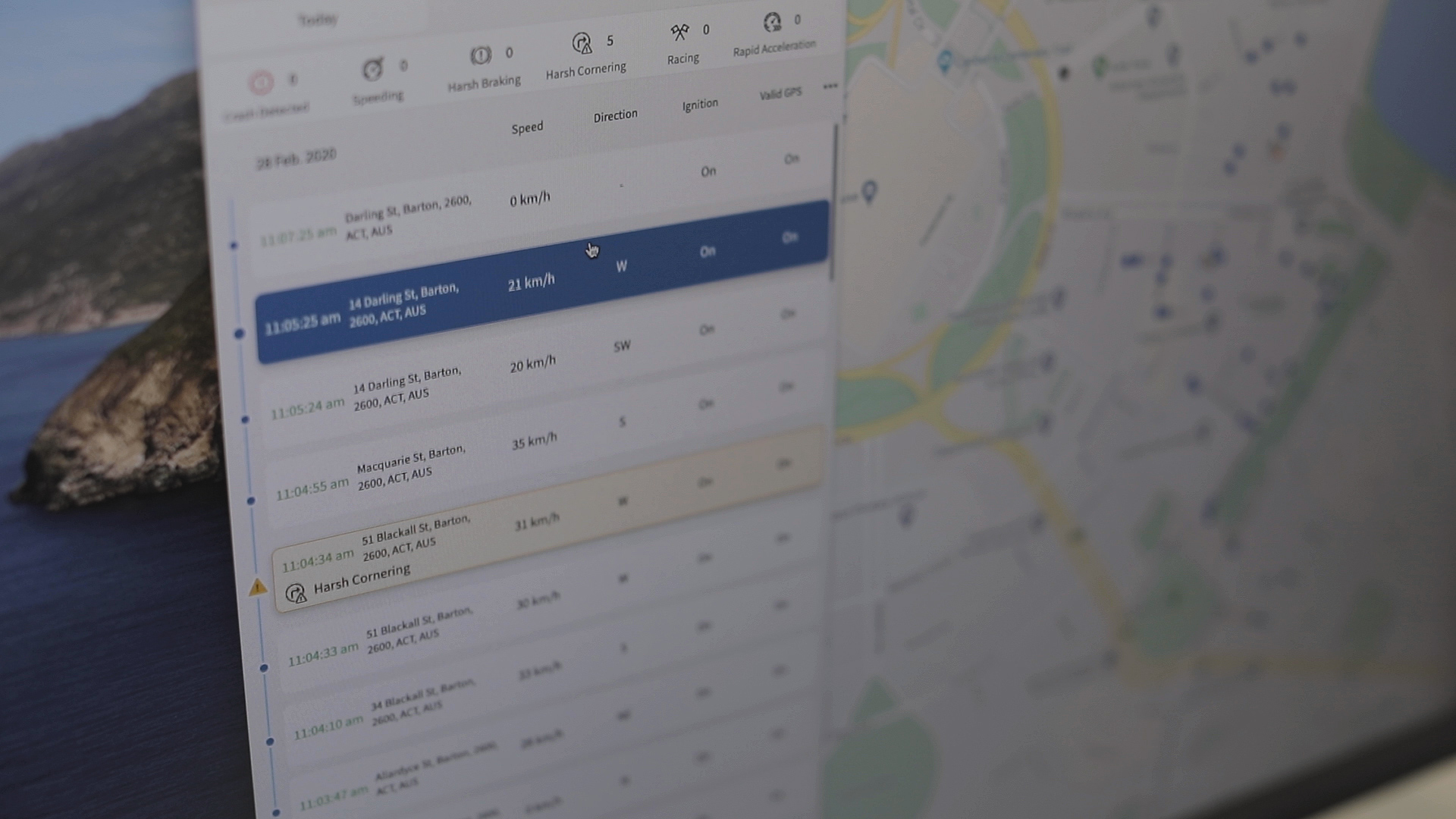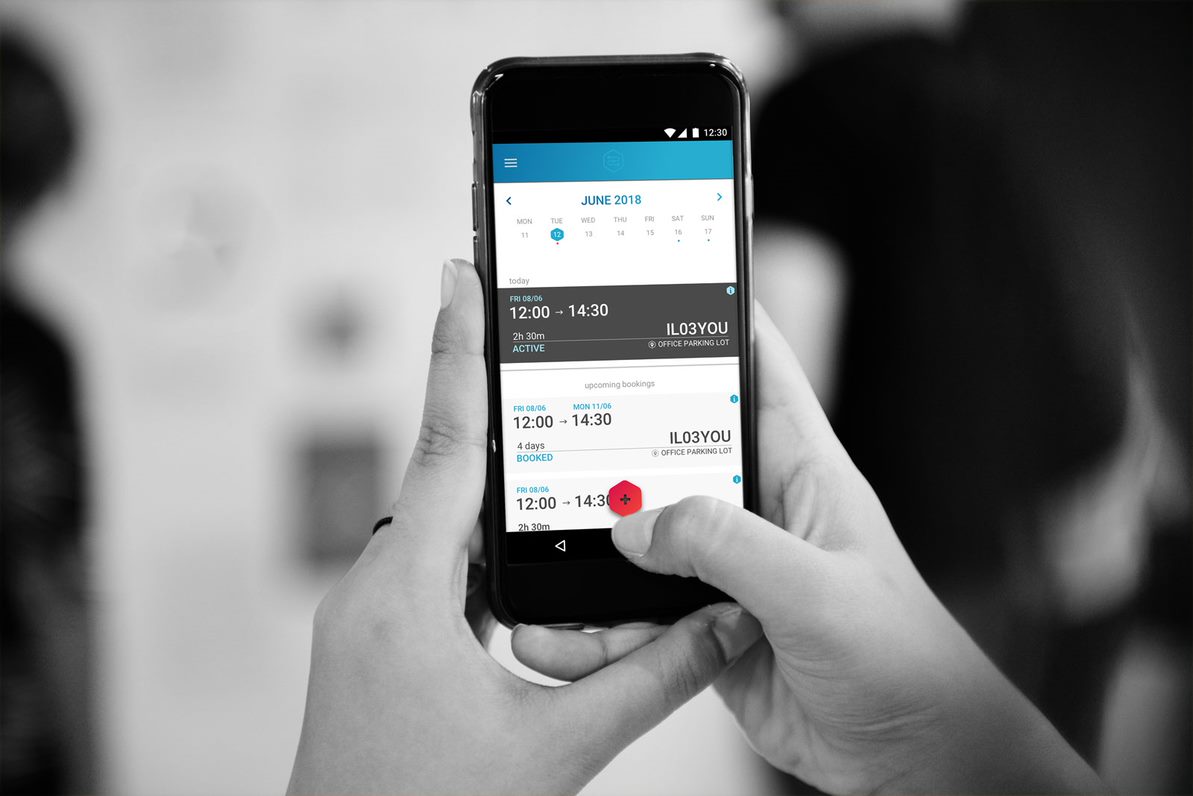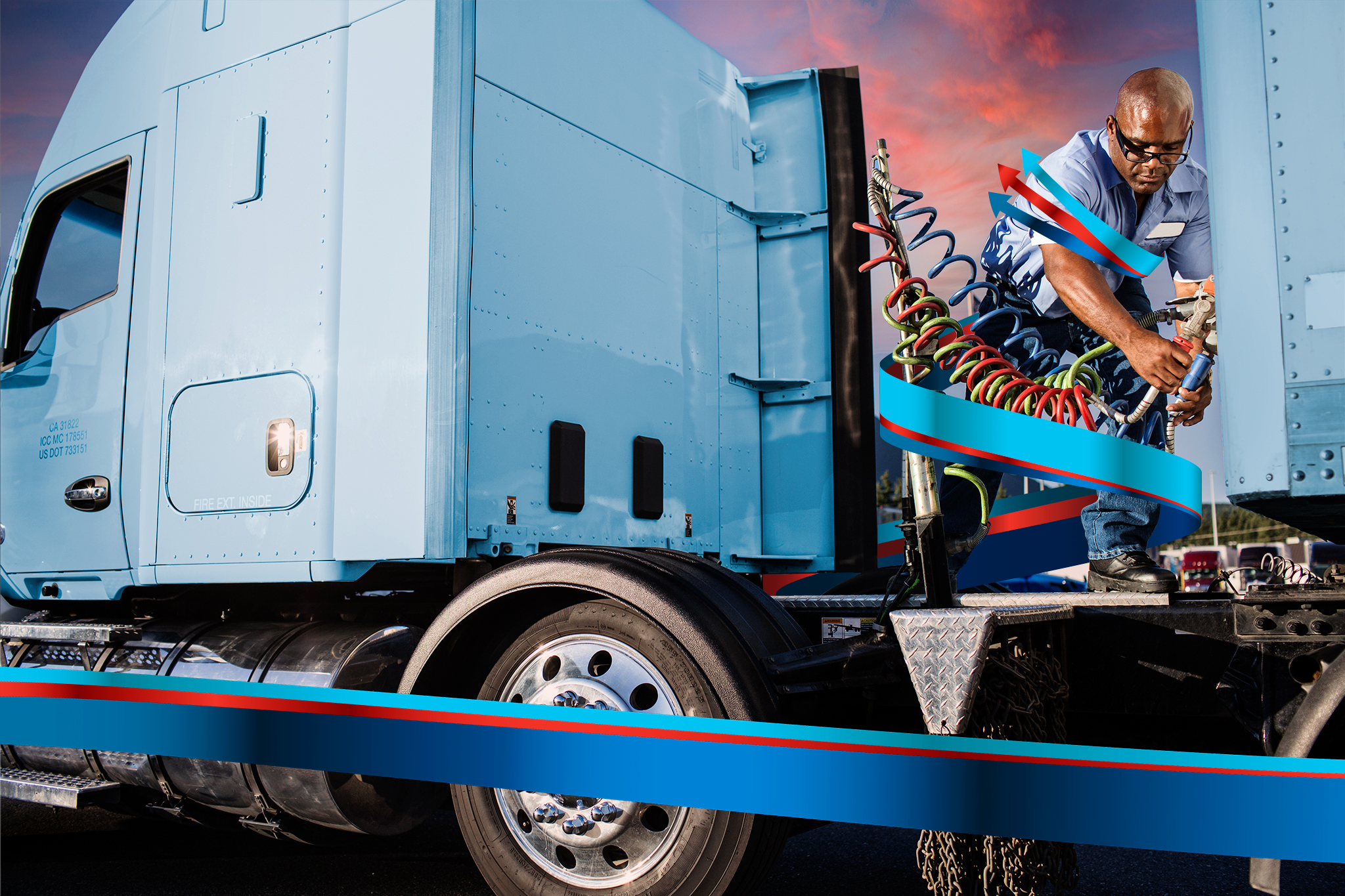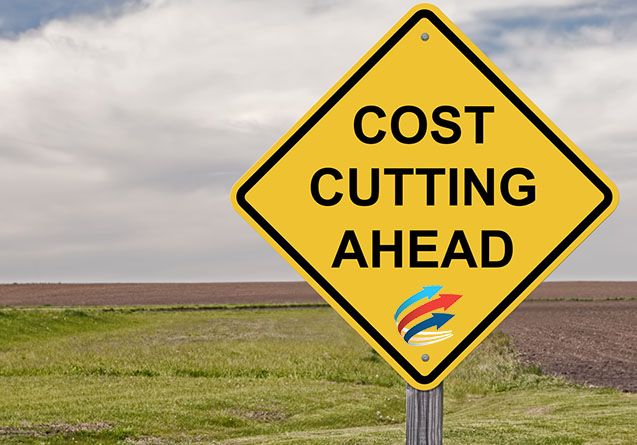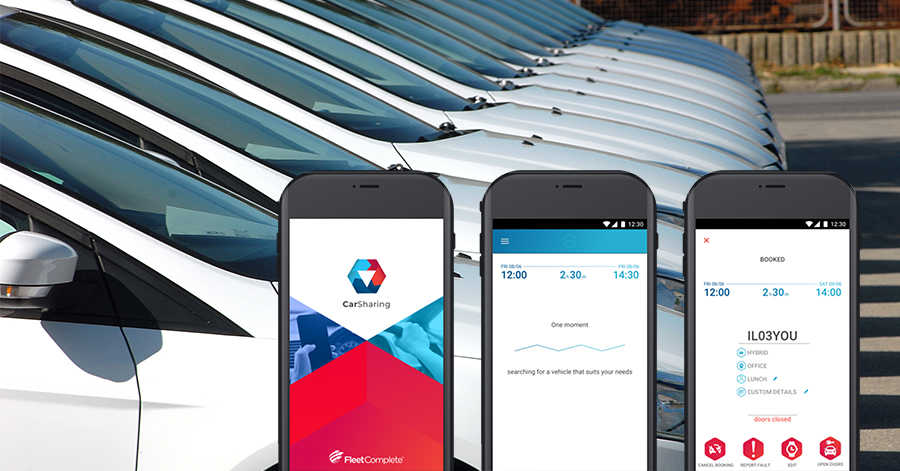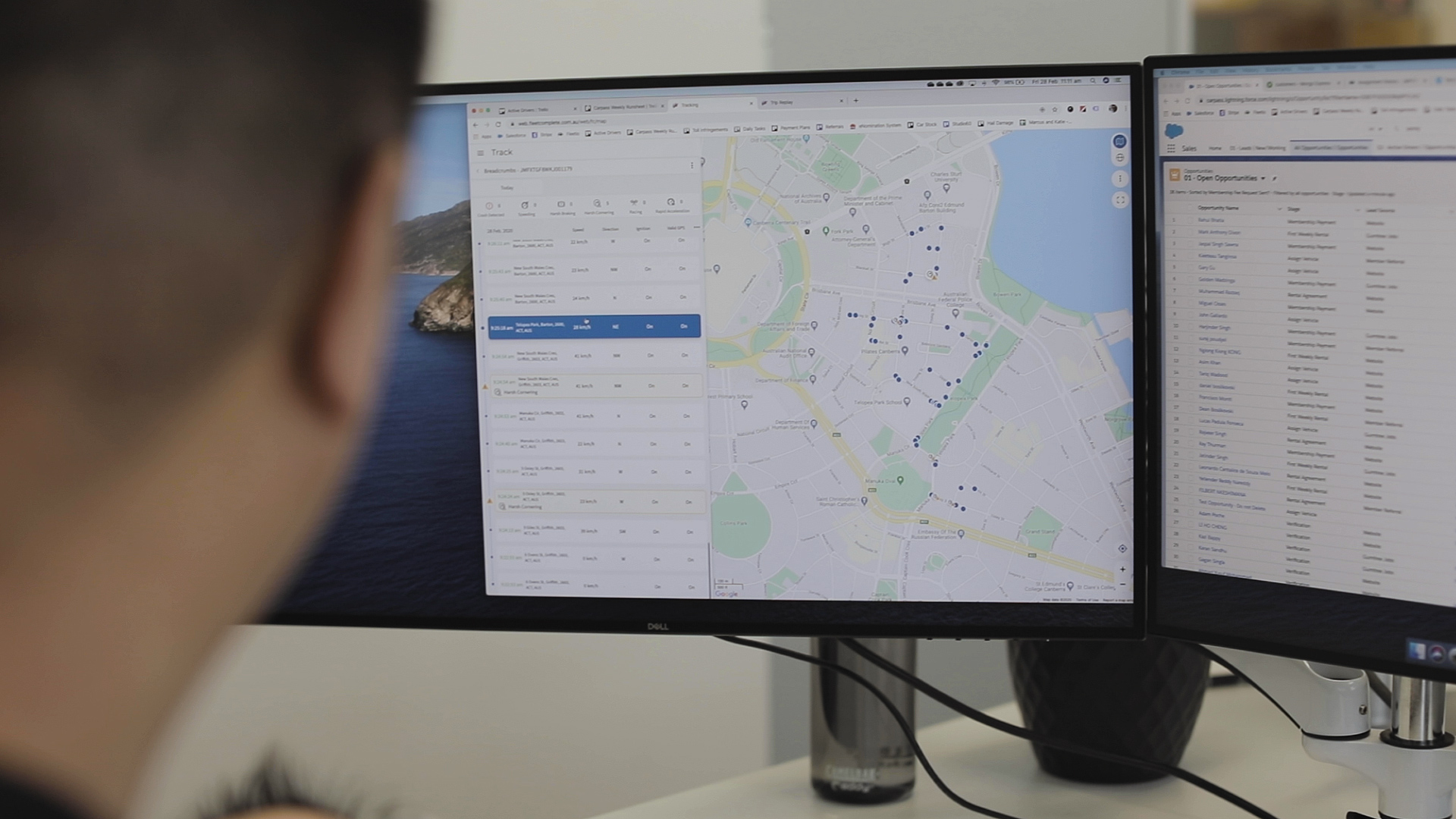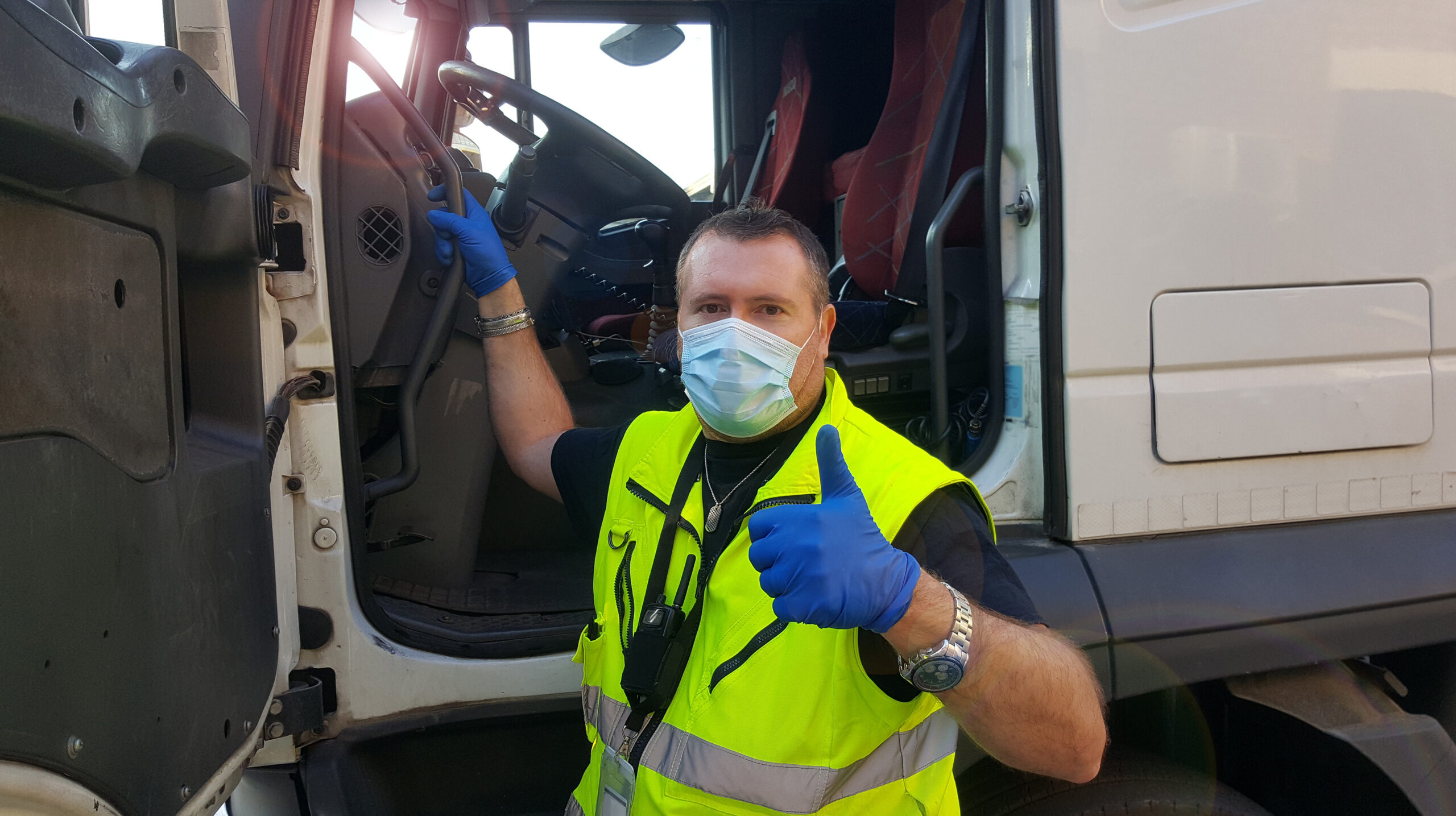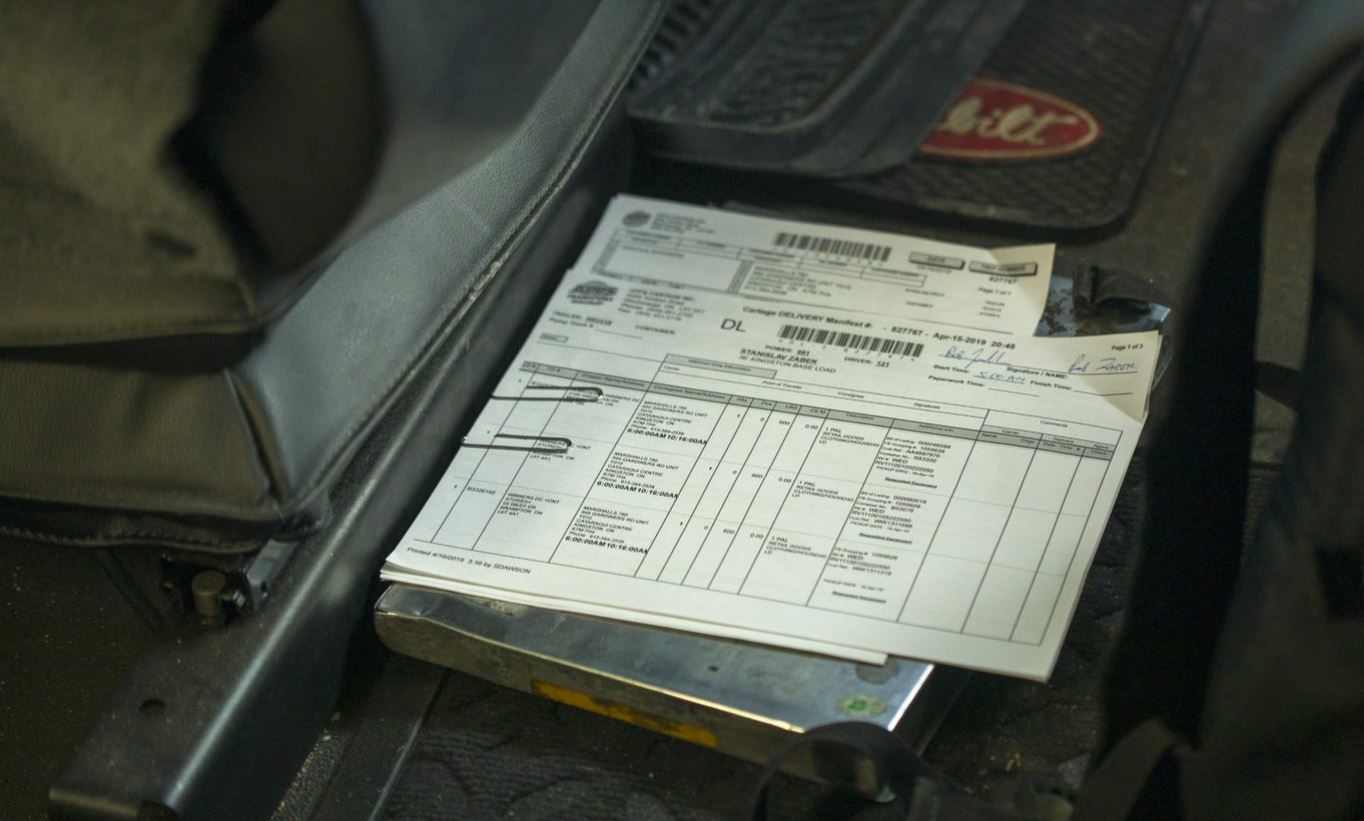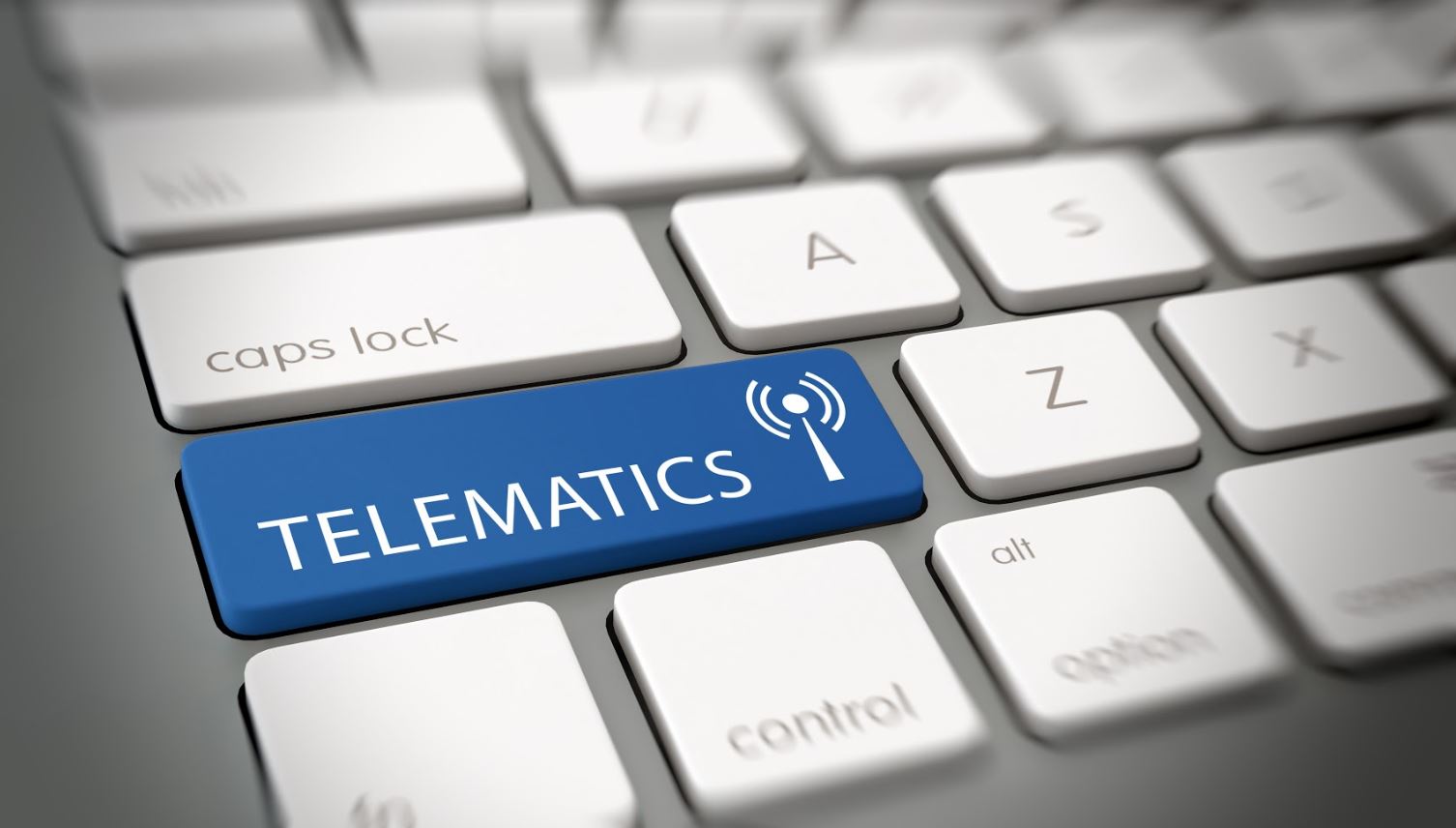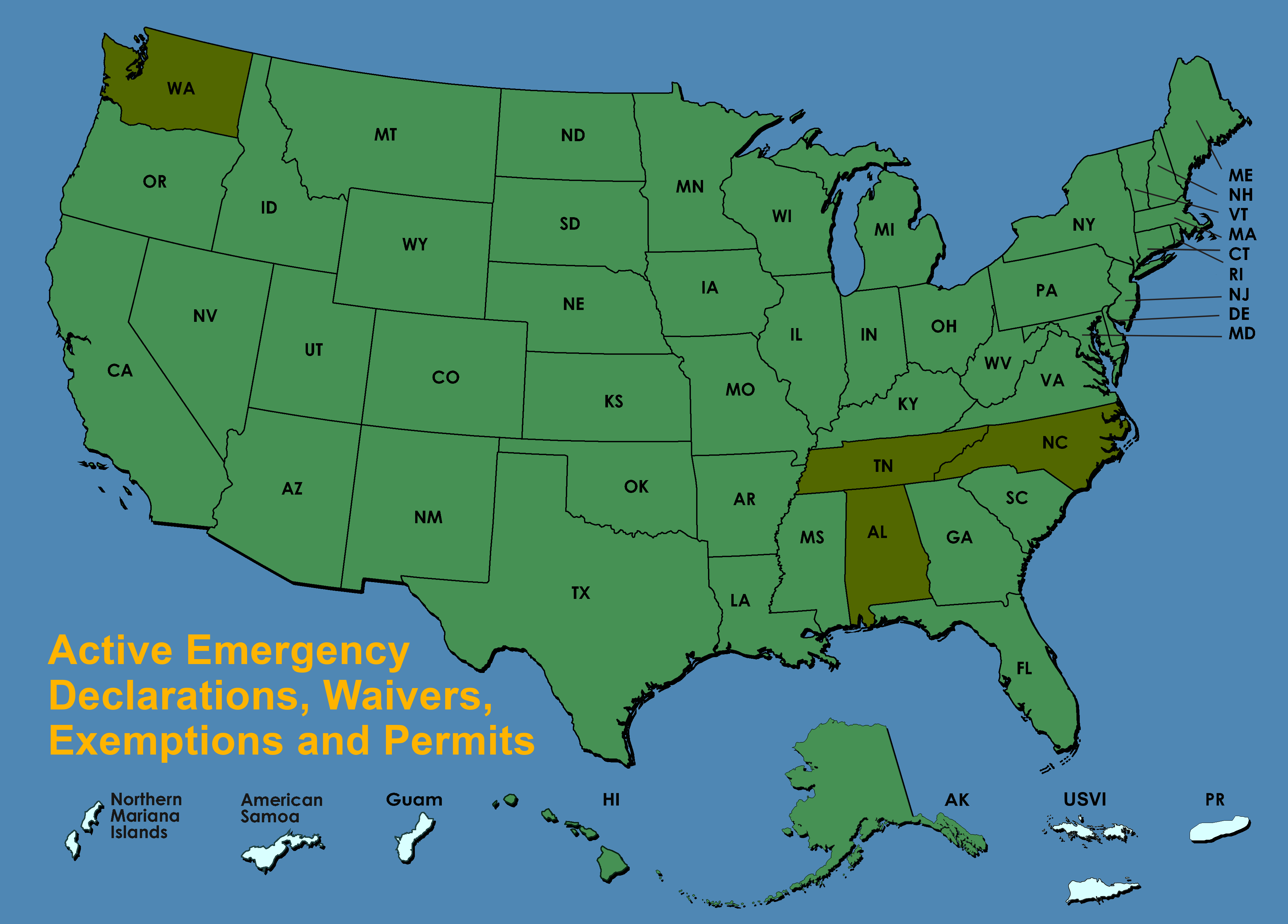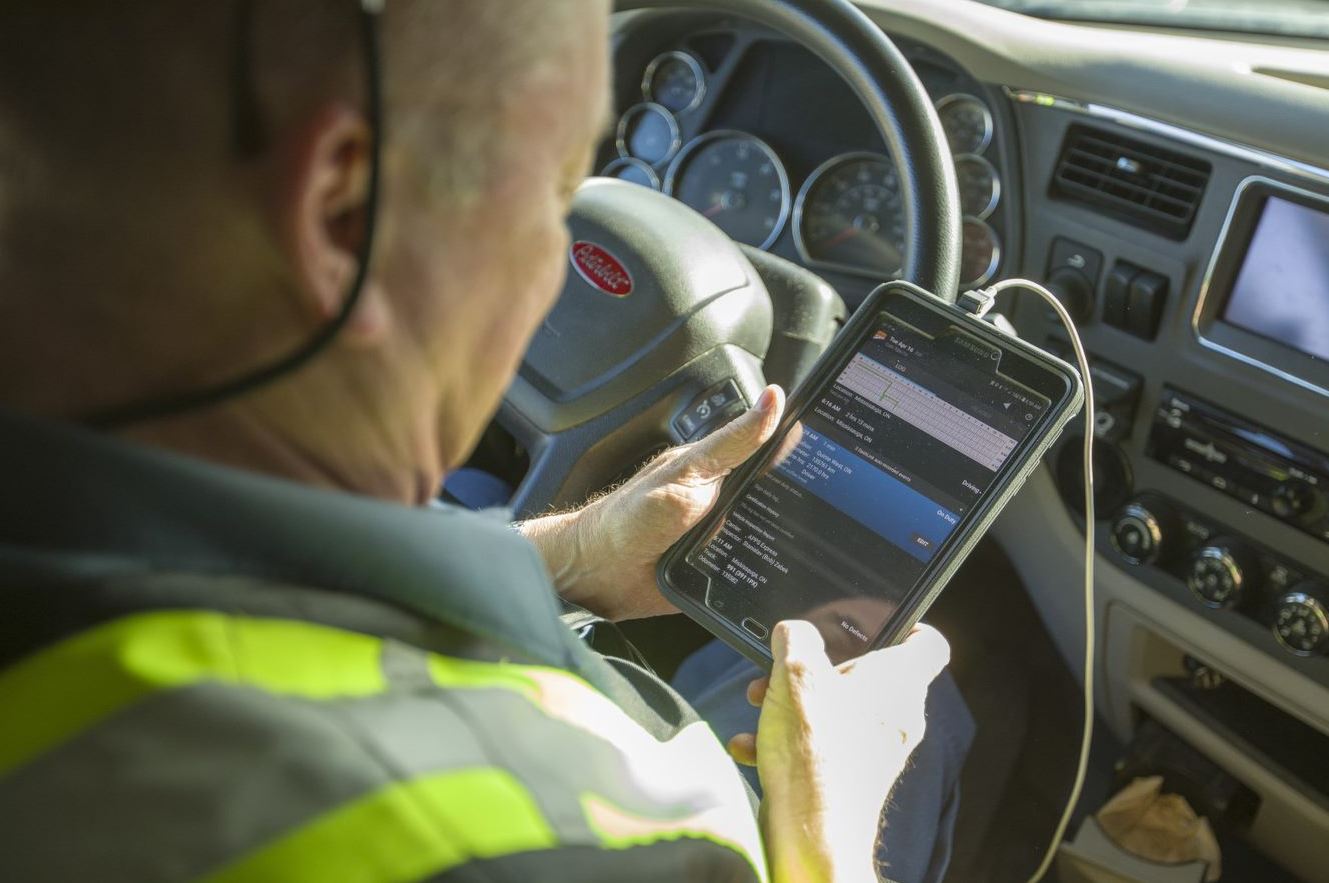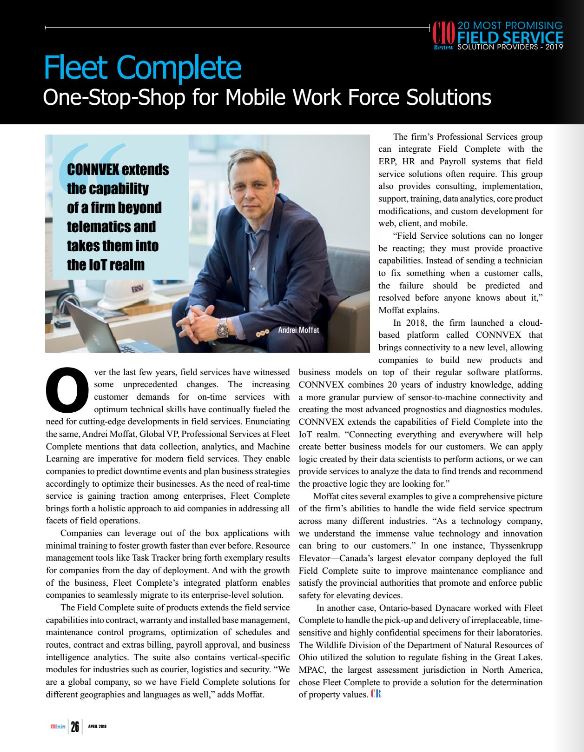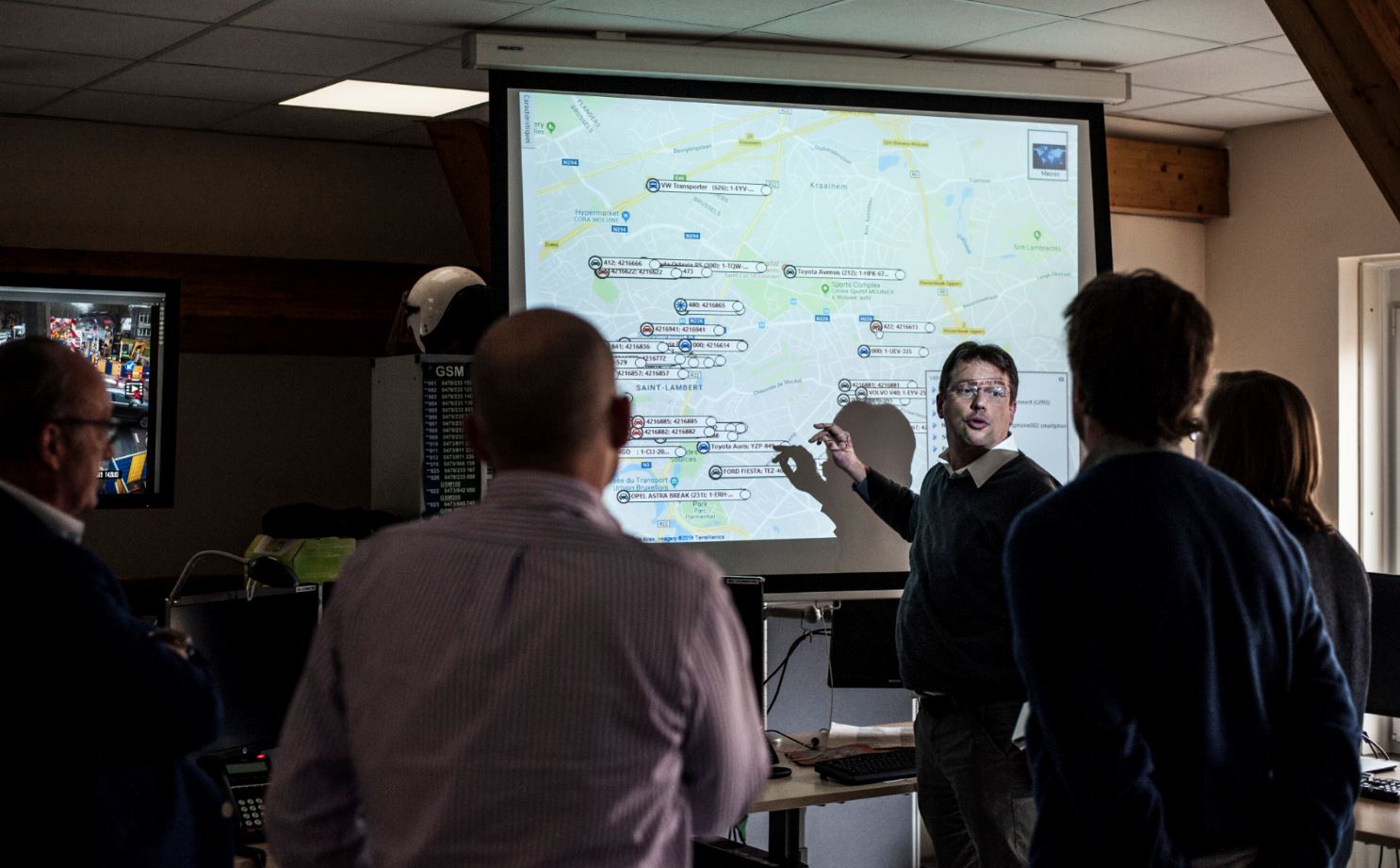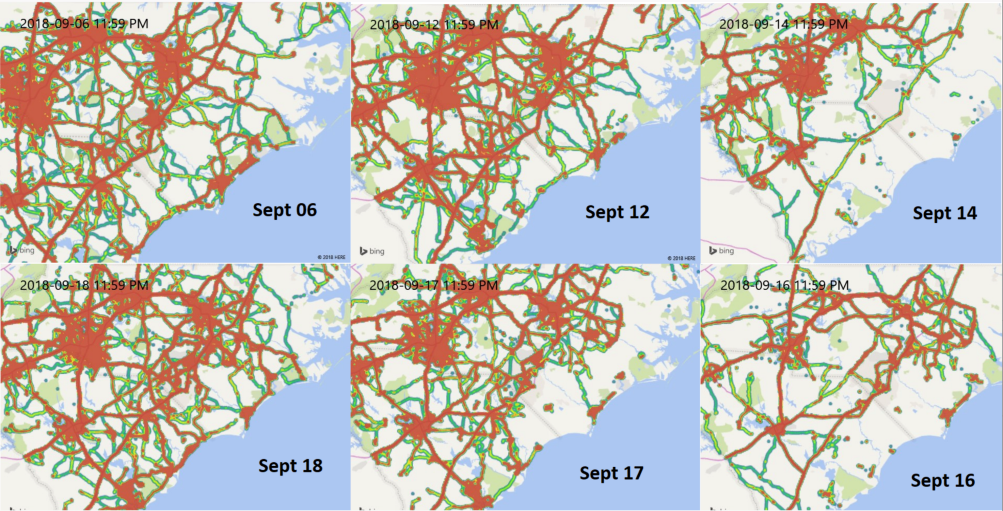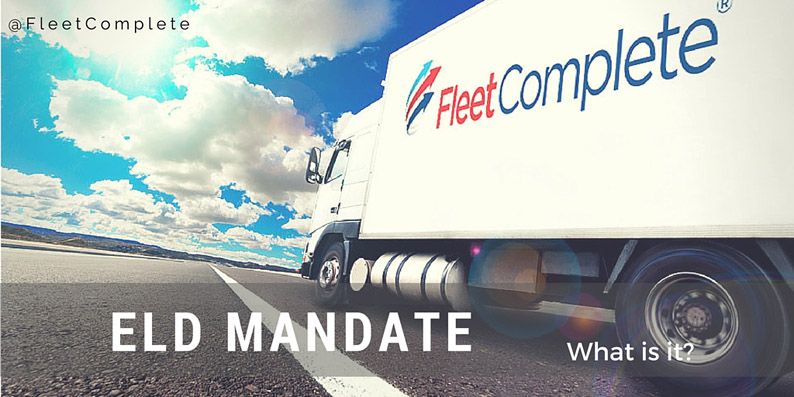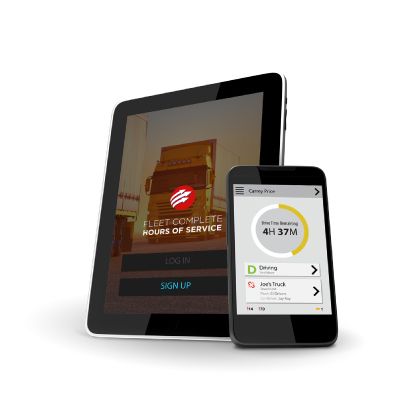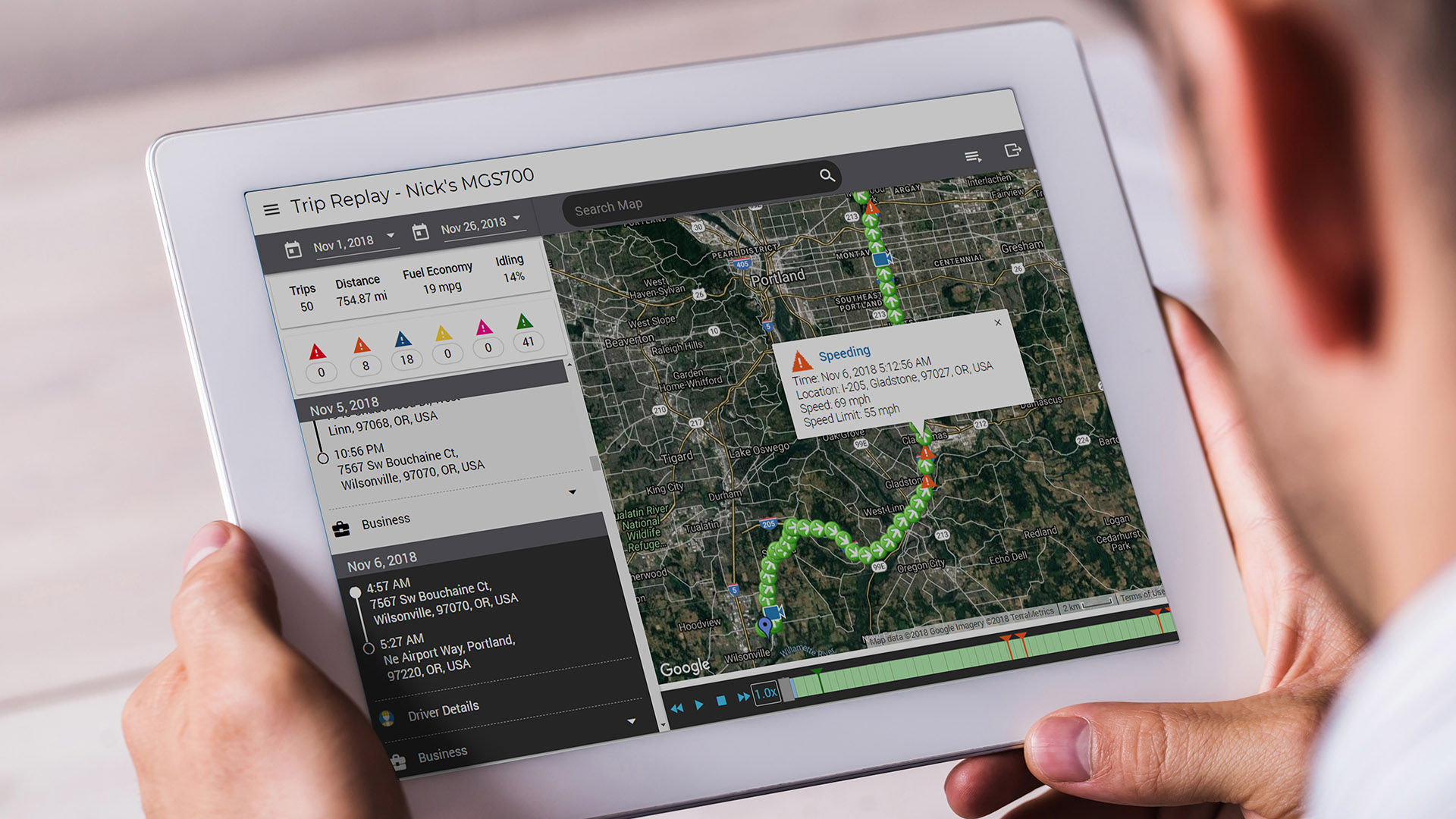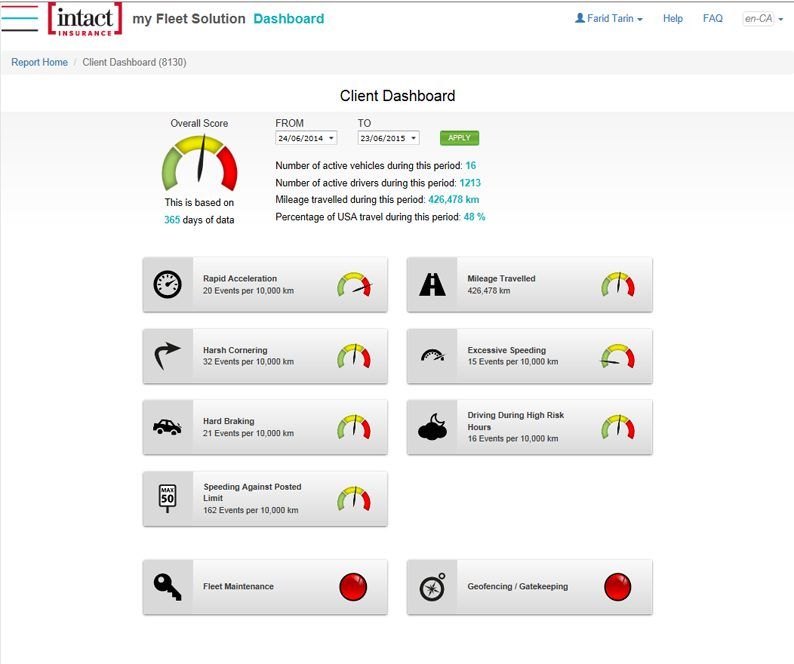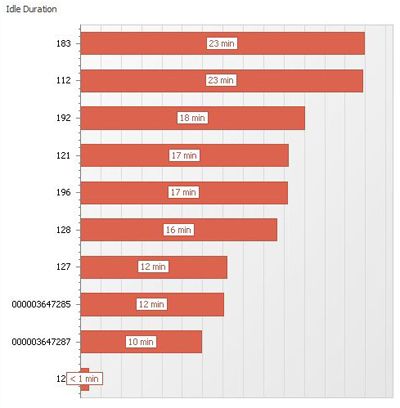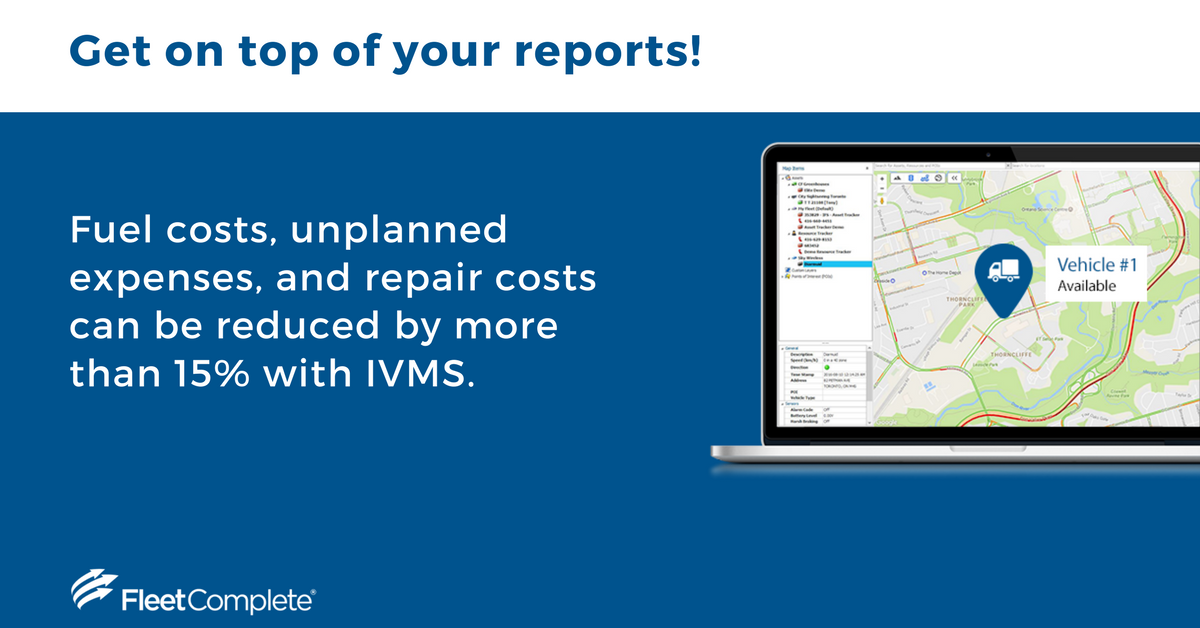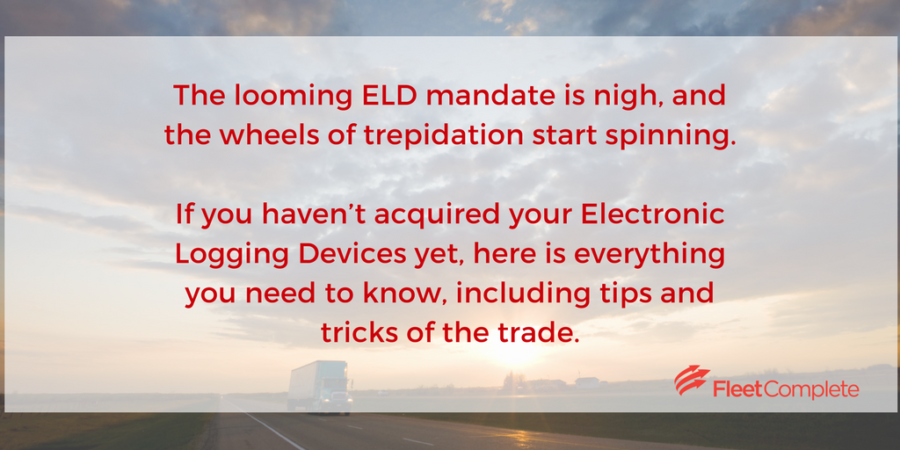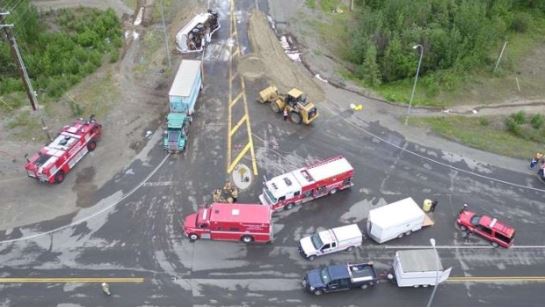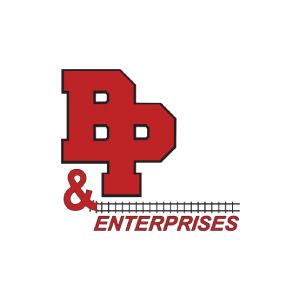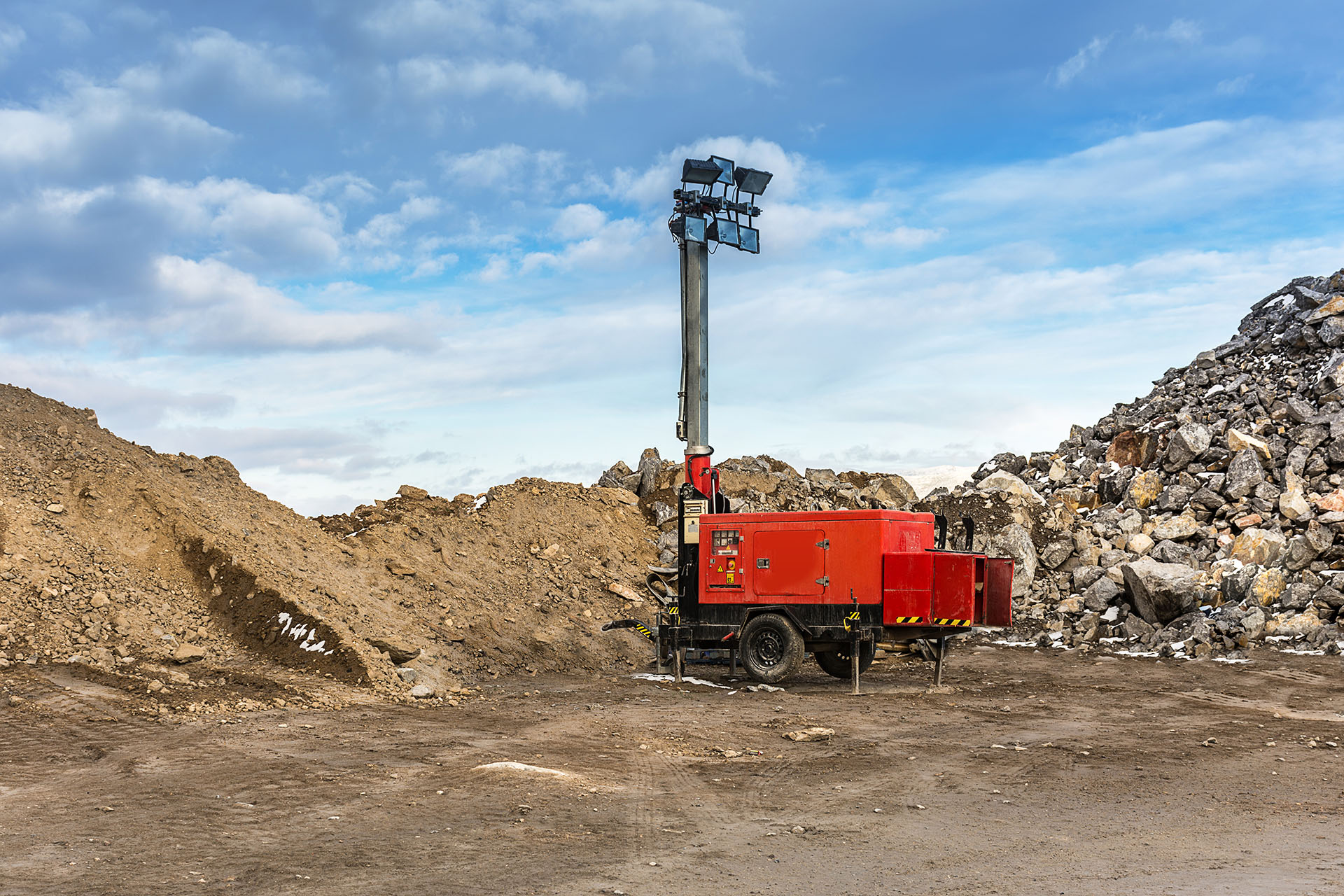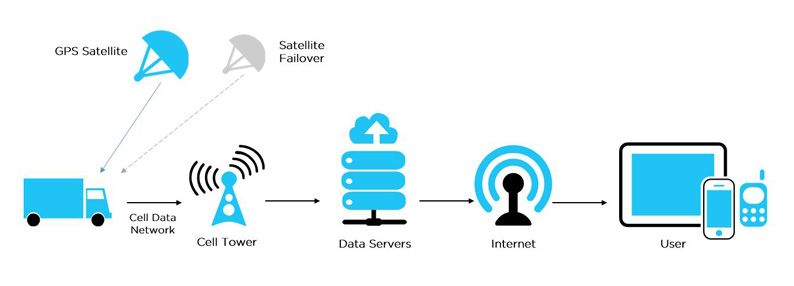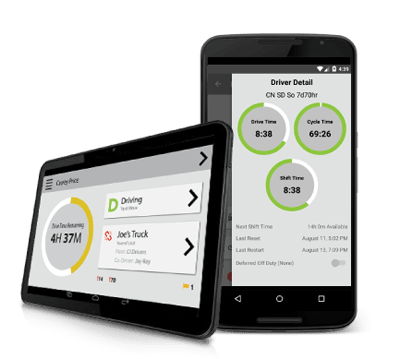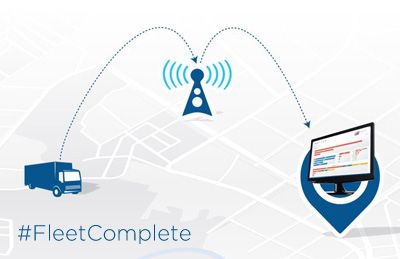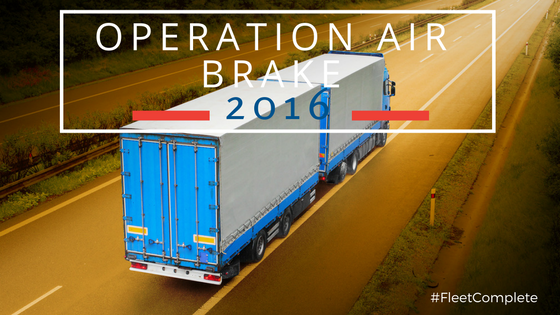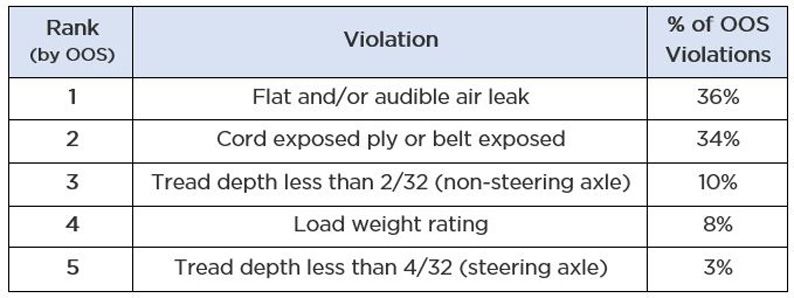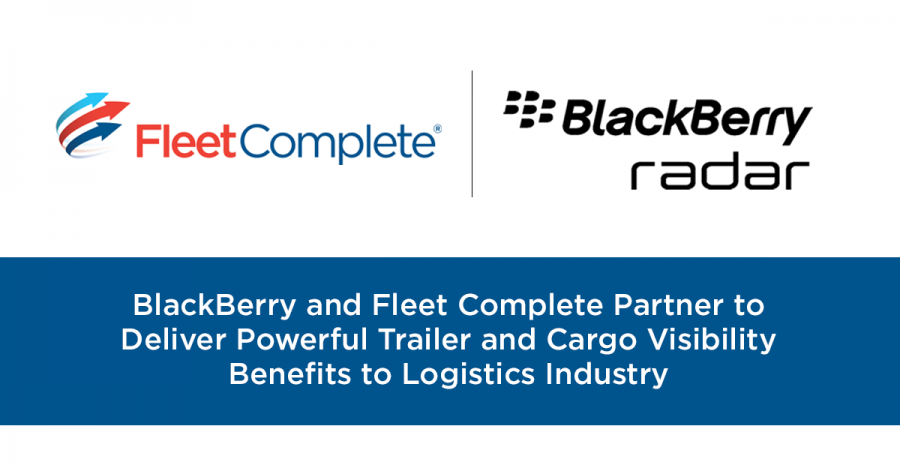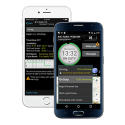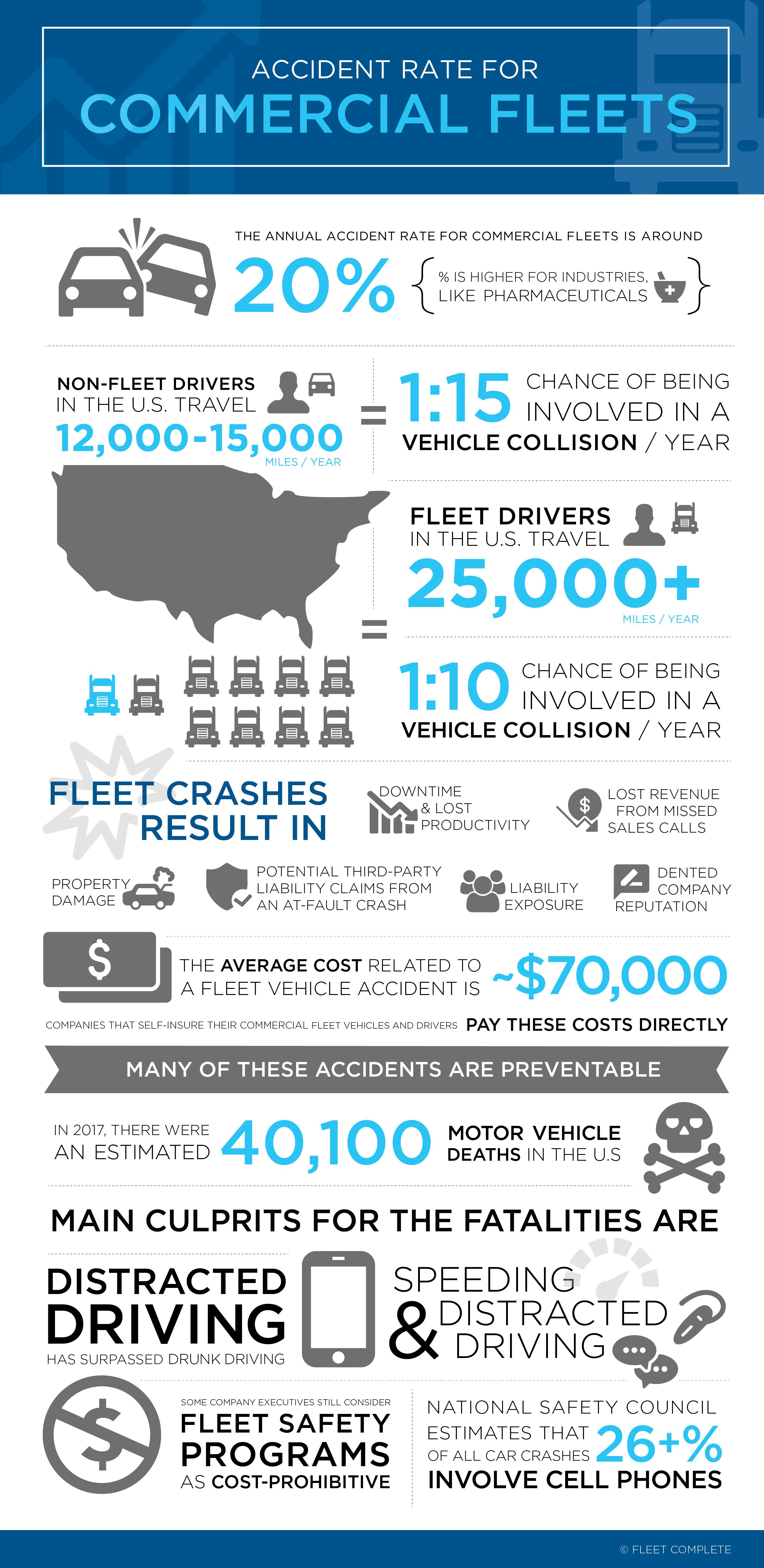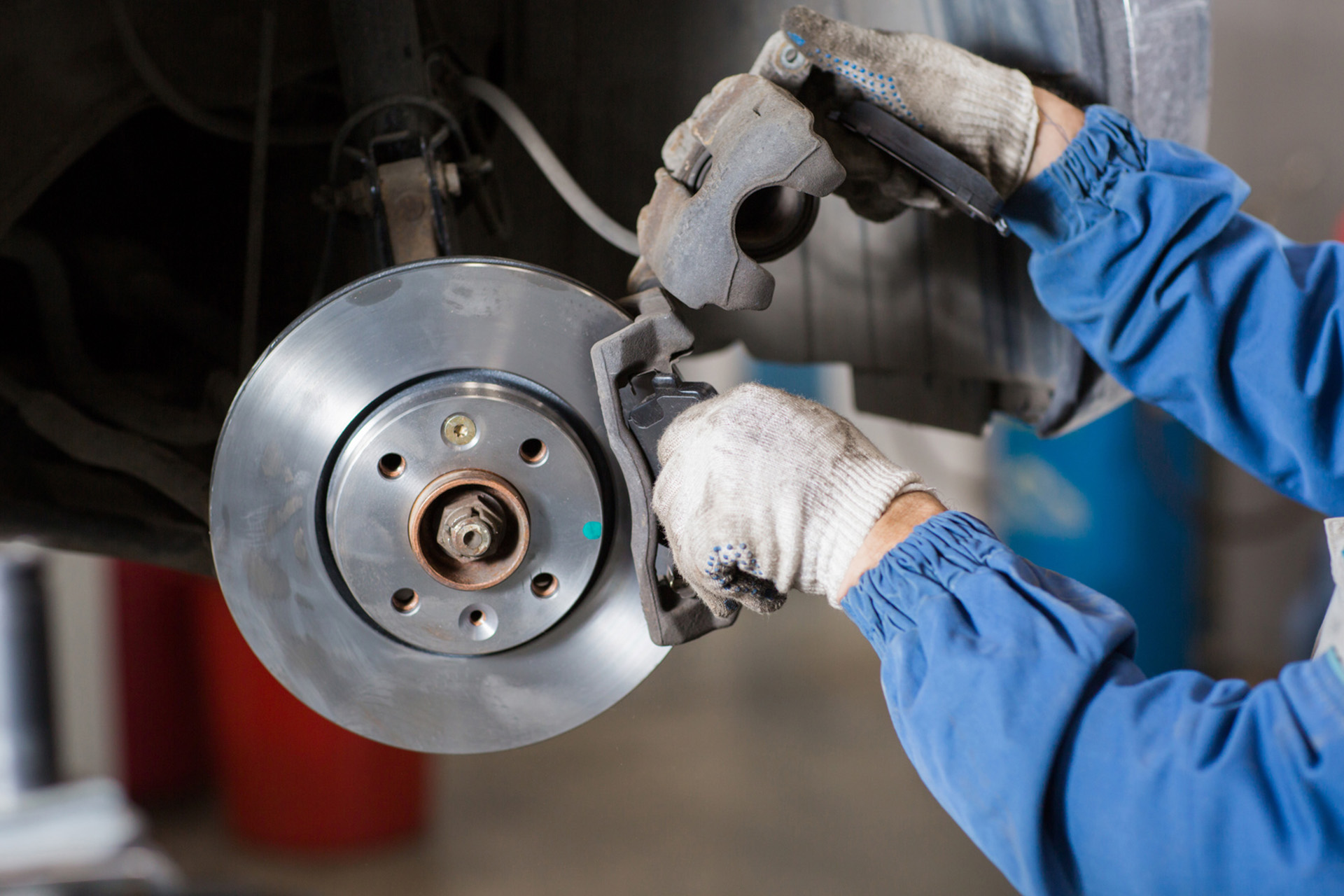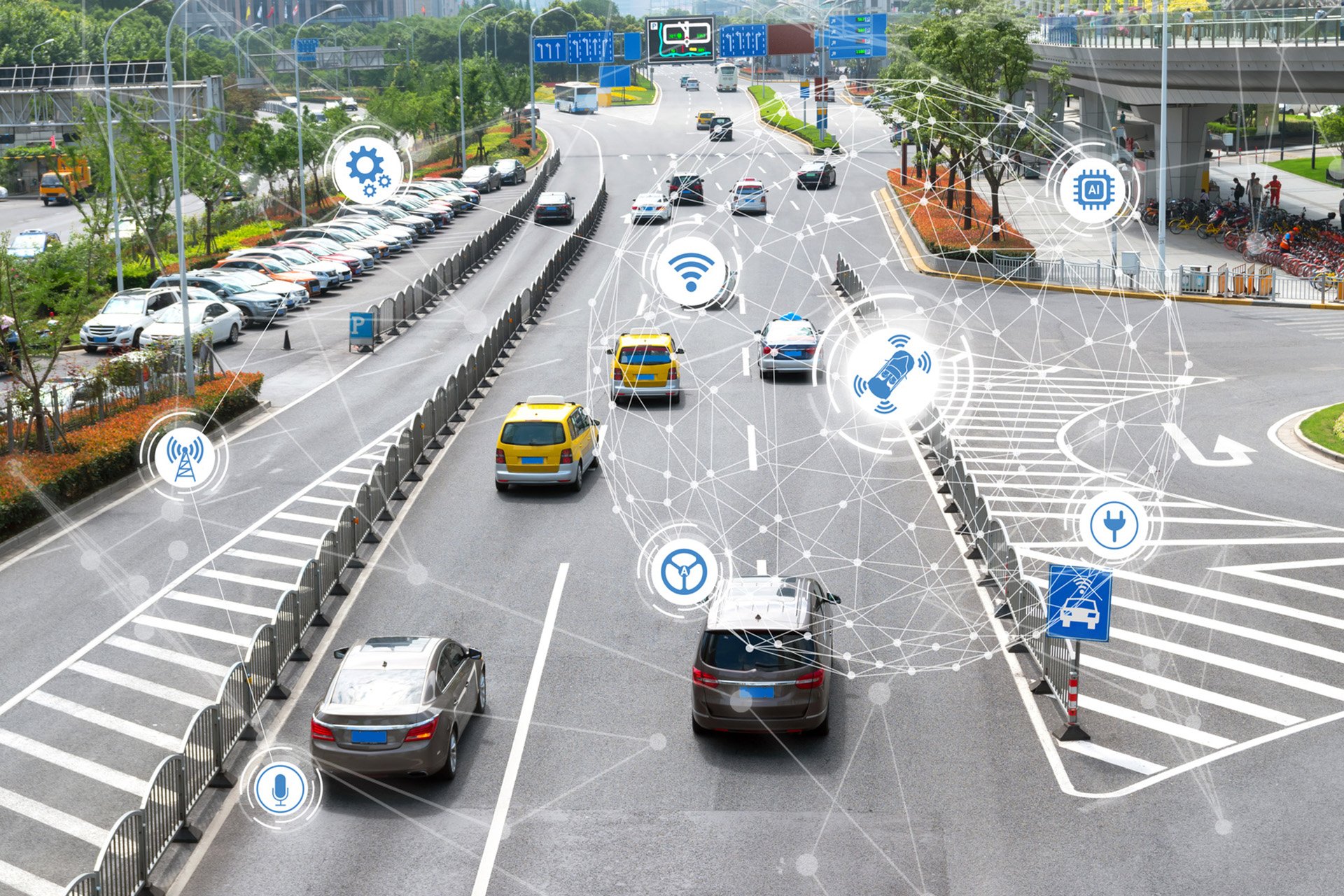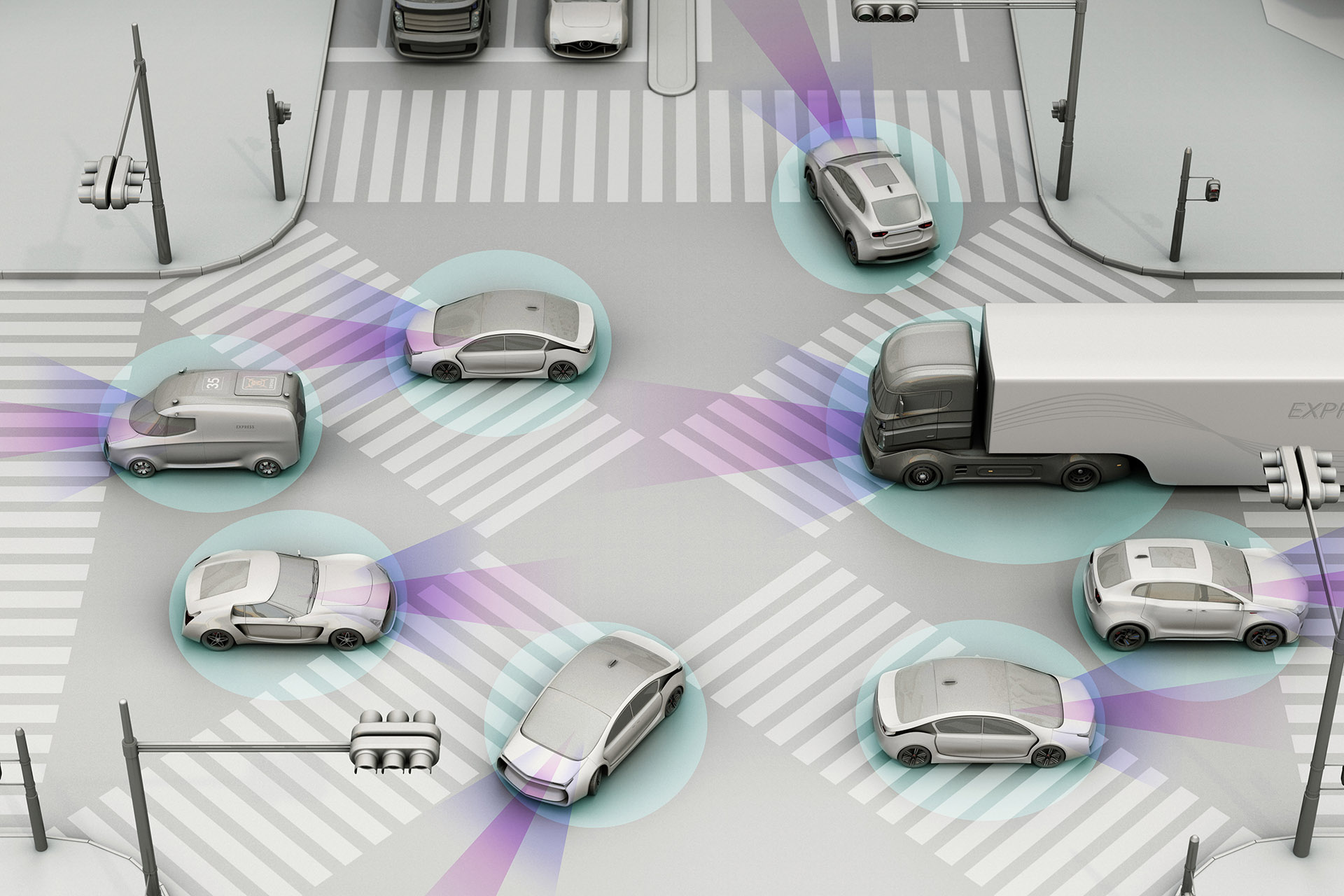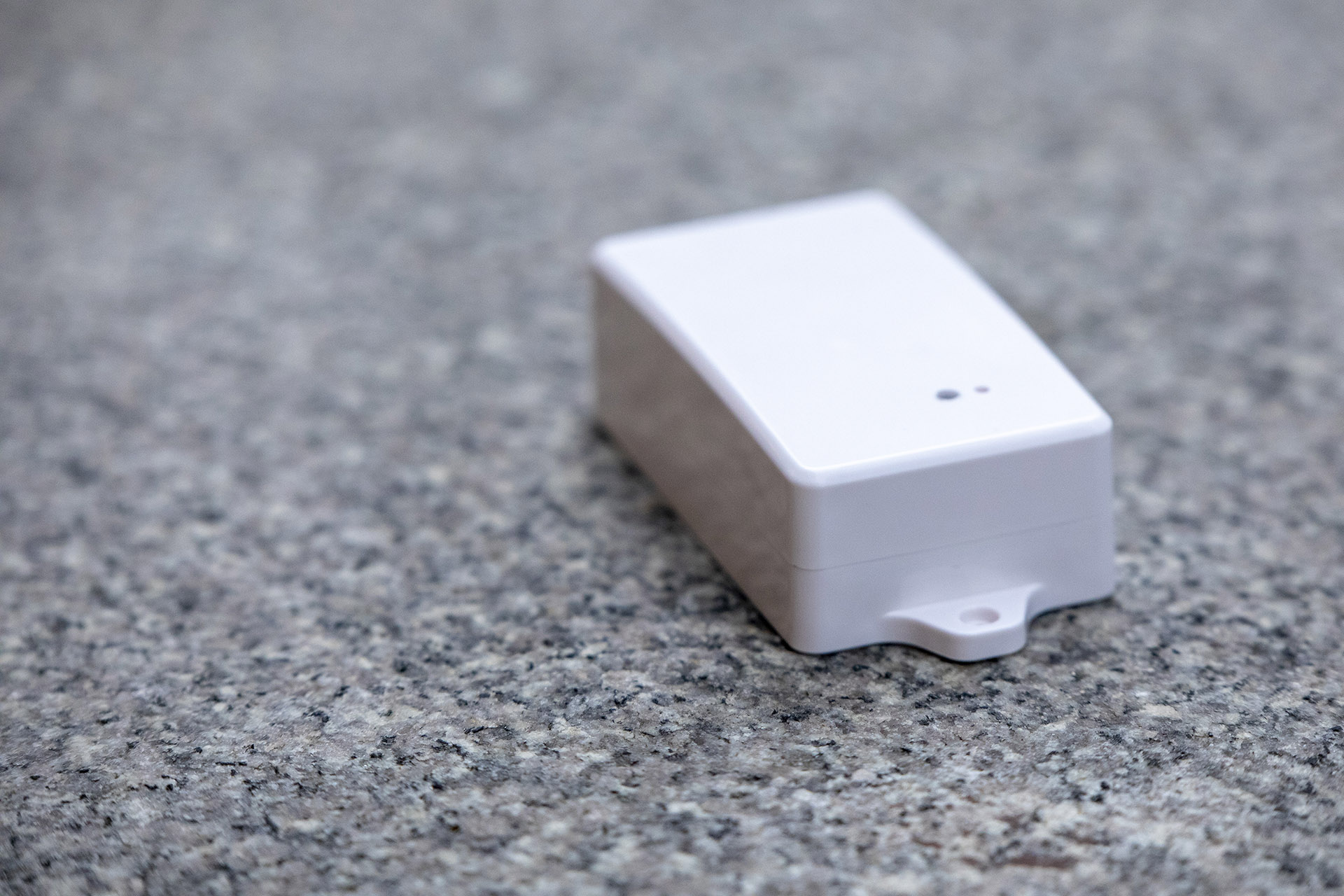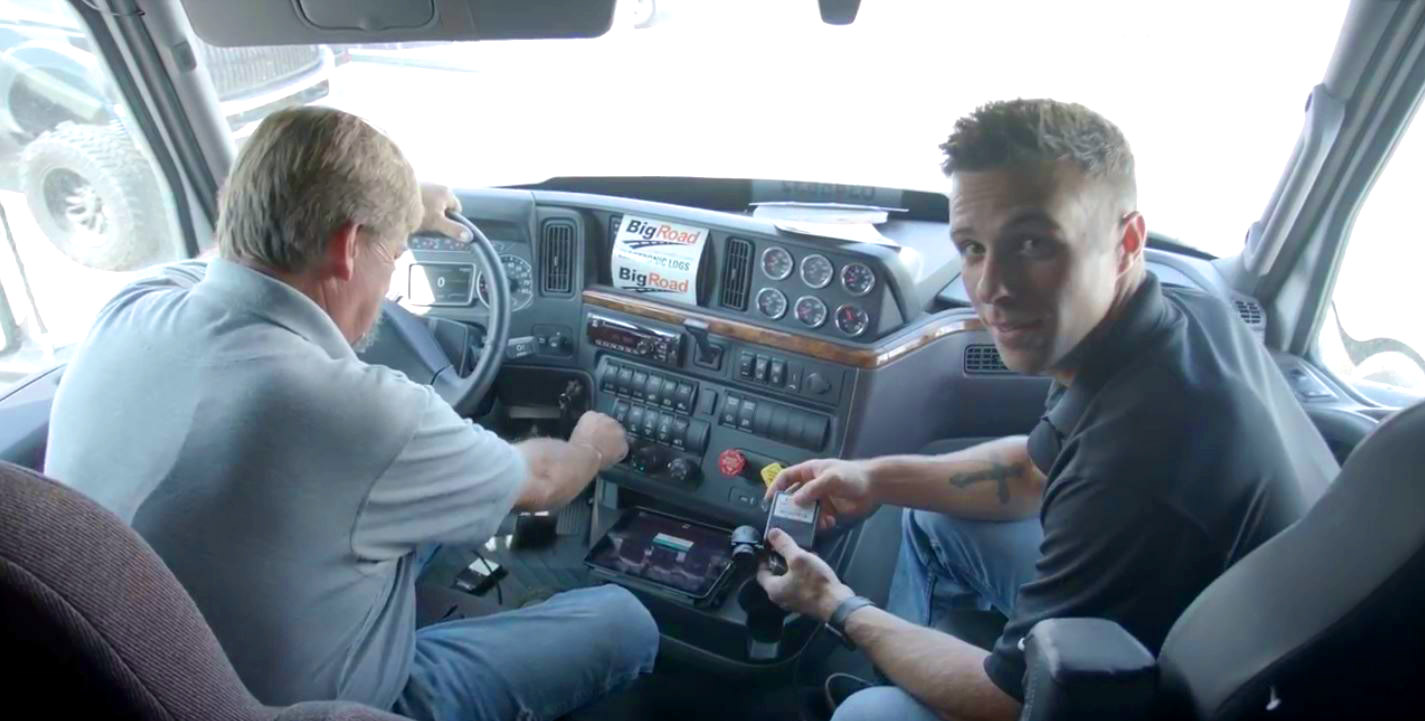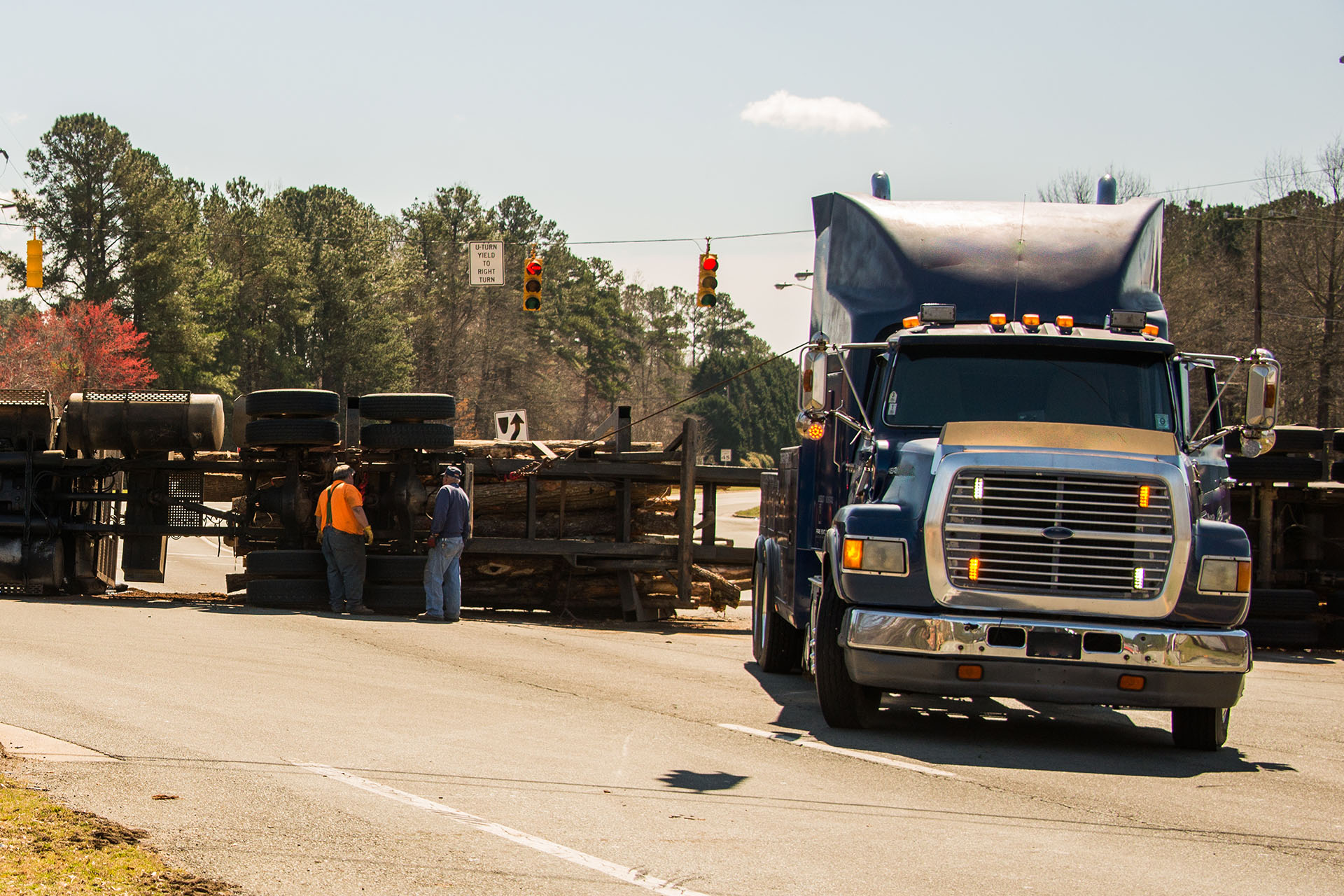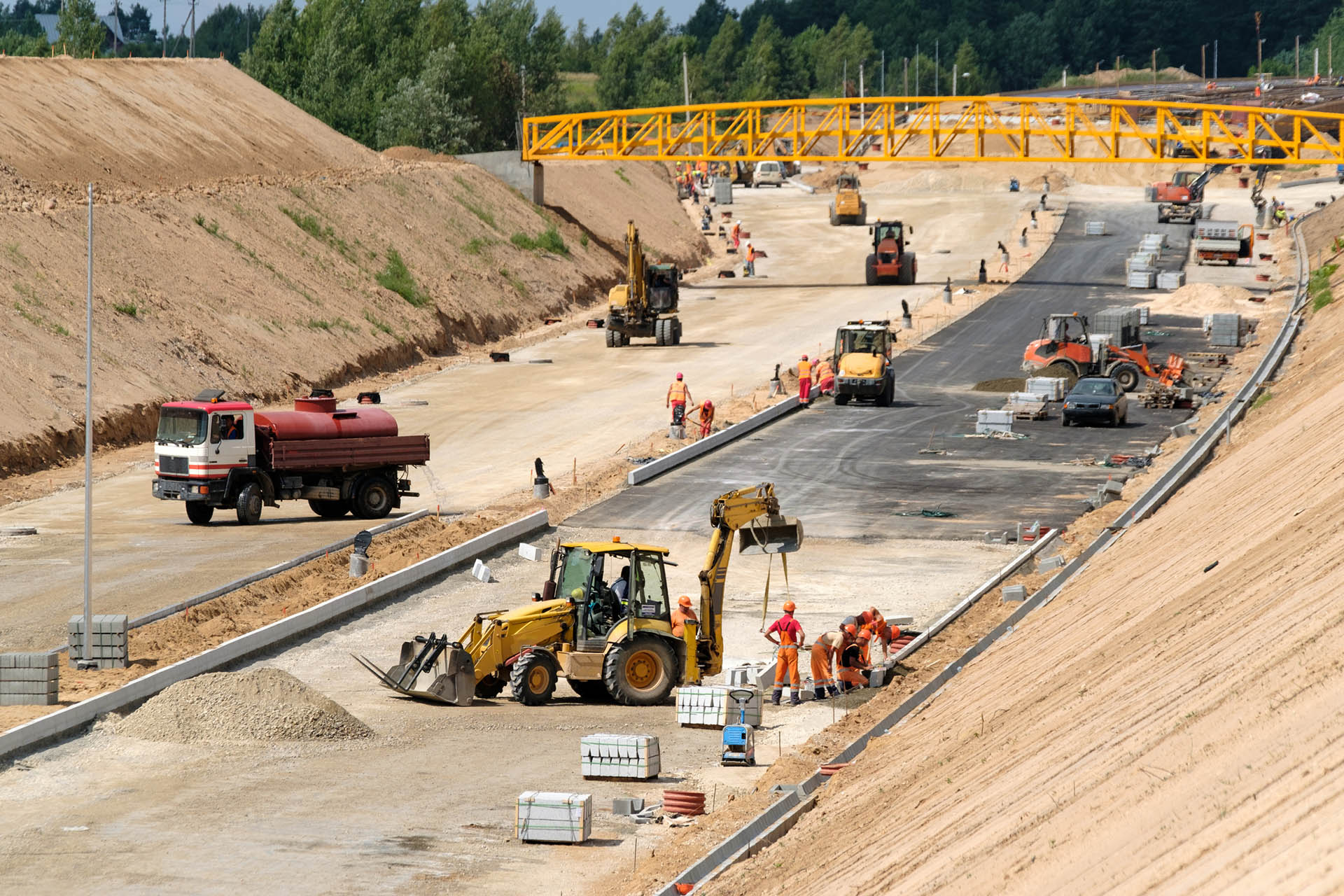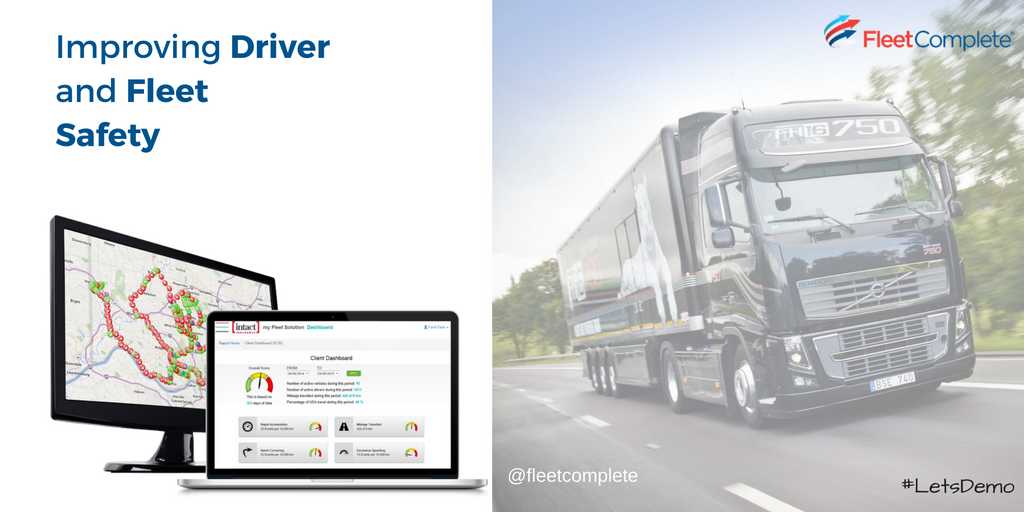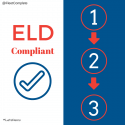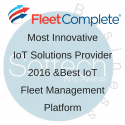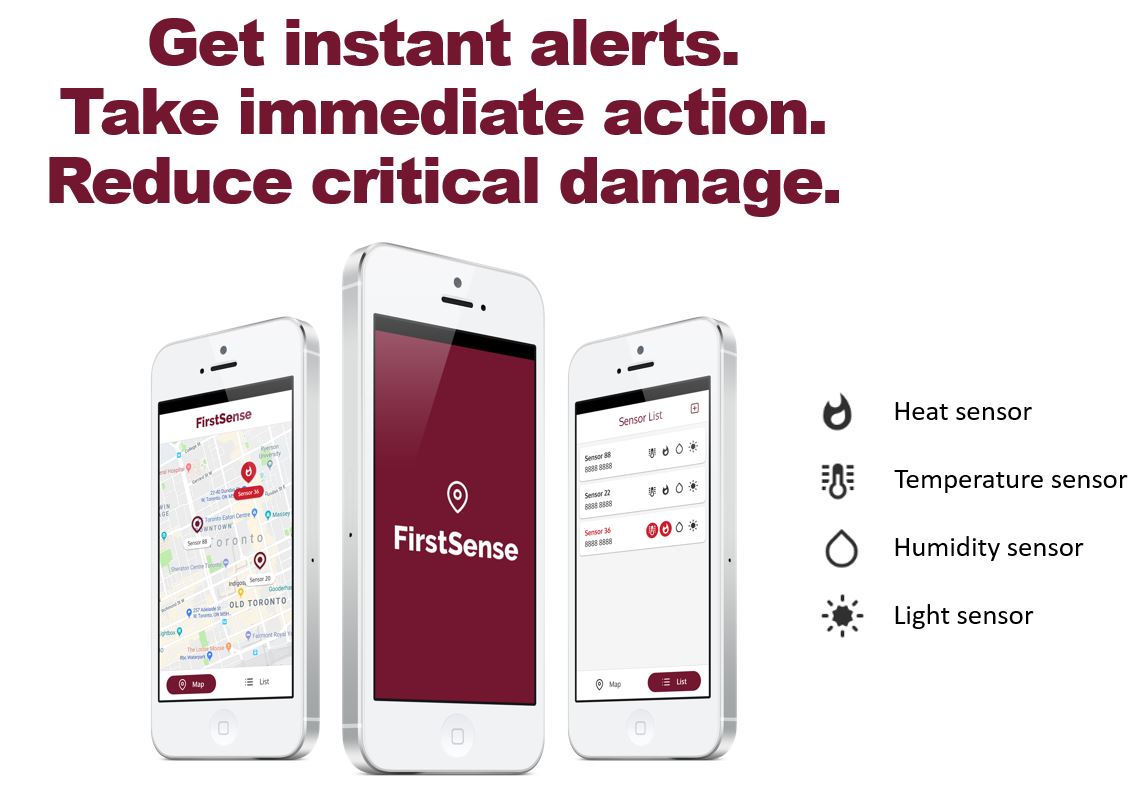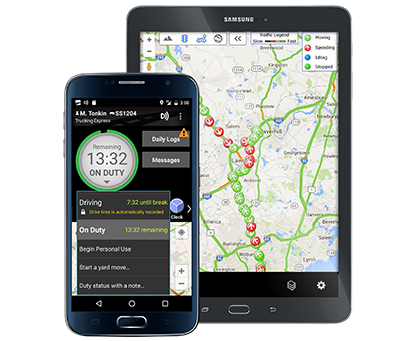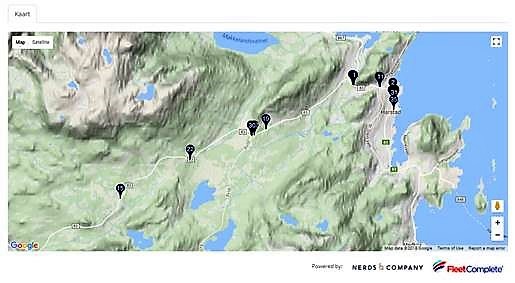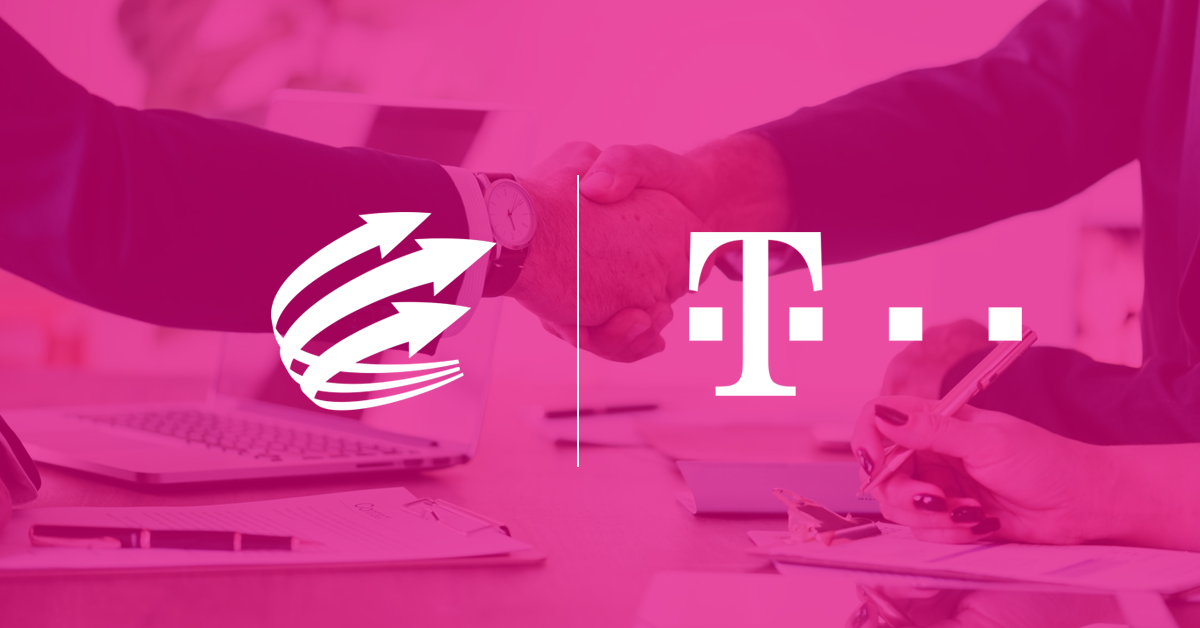When disaster strikes, do you want to be that person scrambling to find a solution—or would you rather be someone who’s got it all under control with a prepared plan?
Every fleet company has its ups and downs, whether that’s due to shifting demand or a one-off crisis. You can’t predict the future, but you can plan ahead: if things take a turn for the worse, smart planning can limit damage and help you keep your business going. This is where a business continuity plan comes in.
A business continuity plan is all about identifying, avoiding, mitigating, and accepting risk. It means you’ll have the capacity to keep operating in the face of an emergency and will be able to deal with issues quickly and effectively. Here’s everything you need to know to make your plan.What Is Business Continuity, and Why Is It Important?
A business continuity plan is a document that sets out exactly what’s expected of everyone in the event of an emergency. Its purpose is to help managers recover and maintain vital functions both during and after an event.
It can encompass a multitude of things, from ensuring you have generators handy in the event of a power outage—to having steps in place to deal with a public relations (PR) crisis. It should be a key part of your overall risk management plan.
It’s important you have a plan in place in the event of an emergency for several reasons:
- It keeps your business running smoothly, which, in turn, maintains your reputation as a reliable carrier service with good customer service.
- It helps managers and team members follow a set procedure, which is especially important in times of stress.
- It potentially saves you time and money, because you know exactly what to do in any given situation. This means less backtracking and costly mistakes.
- It gives your drivers and customers a feeling of confidence in your leadership and business.
On the flip side of the coin, not having a business continuity plan could cause problems:
- Inability to continue operations means costly downtime and let-down customers.
- Not handling a PR disaster correctly could permanently damage your business’s reputation.
- Motivation plummets when businesses appear chaotic and unorganized. You may see employee turnover rise.
What Should Your Business Continuity Plan Contain?
As a general rule of thumb, you should consider a wide range of threats and the impact of each on your business. These include theft, human error, power loss, viral outbreaks, supply interruptions, and cyber attacks, among others.
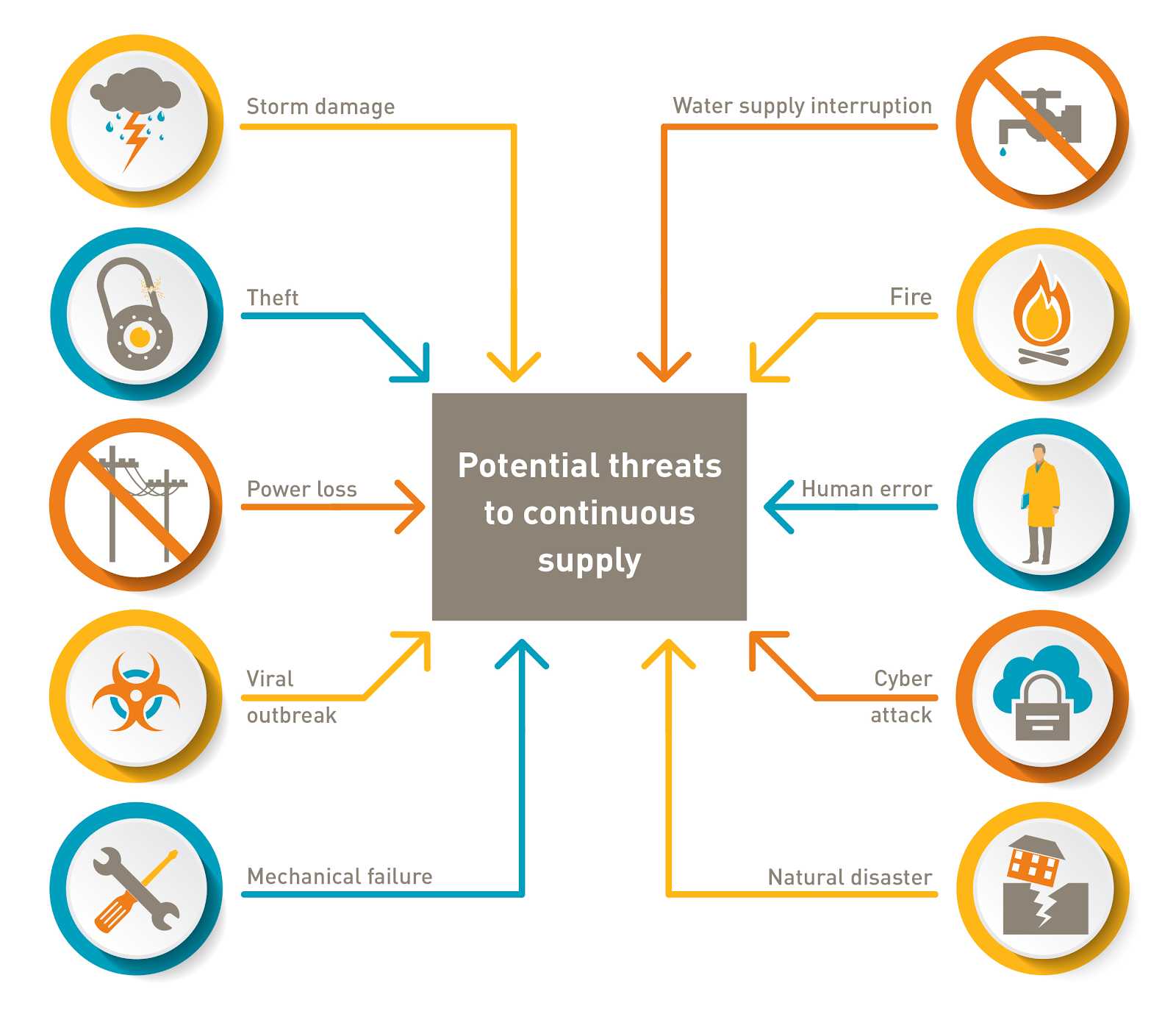
Once you’ve considered every business risk, you should define the following processes:
- Management Plans: Detailed steps for disaster recovery, including roles and responsibilities
- Communication Plans: Internal and external reporting hierarchies and methods
- Emergency Response Plans: Immediate local response to disasters
- Business Recovery Plans: Business and facility recovery, including IT and technology
- Analysis: How events should be recorded, including how your fleet management software plays a part
How To Implement Your Business Continuity Plan
A business continuity plan shouldn’t just include a plan for disaster mitigation. It should also lay out—in detail—the steps you need to take to recover.
Depending on the disaster, you’ll likely need to get your fleet back up to full operation as soon as possible. Drivers should also be briefed on what went wrong and address the data side of things, ensuring both yours and your customers’ information is safe. You may also need to work with a PR team to help improve or maintain your reputation.
Make sure all this information is well communicated and easily accessible. Ideally, store your business continuity plan on the cloud, so it can be updated and accessed from any location. Consider creating a paper version for drivers to keep in their trucks.
Use fleet management software to have crucial information protected and accessible. Everything is stored on the cloud, so if you do suffer a power outage or cyber attack, your systems will be backed up, accessible, and safe.
It also means your drivers can get back on the road faster because they’ll have customer records, routes, and schedules at their fingertips—something that’s reassuring and beneficial to morale when something goes wrong.
In case of theft, telematics technologies will help recover stolen assets quicker and avoid the cost of losses. GPS fleet tracking software can help you locate your vehicles in real time and contact the authorities without delay, making the recovery far more likely—not to mention much faster. You can also record where and when the vehicle stops on its journey, helping the authorities conduct a thorough investigation and potentially recover cargo that might have been dropped off along the way.
How Telematics Can Help You Recover From a Disaster
When disaster strikes, manual processes lead to expensive delays due to changing environments or staff shortages.
Automation can support business continuity of back-office functions like accounts payable, as well as front-end operations like route planning and customer data processing. In the event of a road-related issue, such as an accident, you’ll also have adequate records and data to present to your insurance company.
The more data you have at your fingertips, the faster you can recover: New research shows that 85% of companies say automation technology would be helpful for their business continuity needs.
Cloud technology allows you to automate your business processes and better cope with managing data remotely.
“[The] current crisis will test people, processes, security, and technology—and businesses that are agile and able to adapt to change quickly only, will emerge as leaders,” says Adrian Johnston, senior vice-president of Cloud Applications (SaaS) Oracle JAPAC.
Smart managers plan ahead to make sure the business can stay afloat whatever happens. If you want to ensure your fleet’s continuity by always having the necessary information you need, learn more by requesting our Powerfleet (formerly Fleet Complete) demo.
Purchasing a fleet management solution for your business does not have to be a tedious effort. Consult one of our business solution specialists to learn more about the benefits of telematics by calling 1-844-944-0824 or book a meeting here.

